The Value of Authenticity in Chess Sets
Chess, a game with ancient origins and global admiration, is not only enjoyed by millions for its intellectual challenges but also appreciated as an art form when it comes to the design and craftsmanship of the chess sets themselves. For collectors and enthusiasts alike, owning a chess set that is not only functional but also a piece of history or art can be a source of great pride and satisfaction. Such high levels of appreciation have consequently stressed the importance of certificates of authenticity (COAs) in the buying and collecting process of chess sets.
Understanding Certificates of Authenticity
A Certificate of Authenticity is a document that accompanies an item, verifying that the item is genuine and legitimate. In the context of chess sets, a COA may describe the set’s origin, age, type of materials used, and any other information that would add veracity to its claimed authenticity. These certificates are especially critical when dealing with antique or handcrafted chess sets, where the details can often be replicated or counterfeited.
Importance of COAs in Collectible Chess Sets
Collectors often view chess sets not just as playthings but as investments or historical artifacts. Here are several important reasons why certificates of authenticity are pivotal when dealing with such chess sets:
Verification of Origin: COAs provide essential information regarding the origins of the chess set. For instance, sets crafted in a significant historical era or region or designed by a famous artist or craftsman hold more value. A COA serves as a proof that the set is indeed from the stated origin, and not a recent imitation.
Ensurance of Quality: For many collectors, the material of the chess pieces and board is vital. Luxurious materials such as ivory, ebony, rosewood, or even gold and silver are often used in fine chess sets. A COA confirms that the materials are as described, ensuring the set’s quality and value.
Protection Against Counterfeits: With the rise in craftsmanship technology, creating replicas of valuable chess sets has become easier. Certificates of authenticity can protect collectors from accidentally purchasing counterfeit items that mimic the aesthetics but not the true value of an original.
Future Resale: A serious collector might view their chess sets as a form of investment. Having a COA can significantly increase the future resale value of a chess set. It gives potential buyers confidence in the legitimacy and quality of their purchase, making it easier for the seller to prove the item’s worth.
Types of Chess Sets Warranting COAs
Certain types of chess sets are more likely to need a certificate of authenticity, including:
- Antique Chess Sets: Sets that are over a hundred years old are considered antique. These pieces often come from specific historical periods and their value can be significantly enhanced by a verifiable COA.
- Designer Chess Sets: Many renowned artists and designers have crafted unique chess sets. Examples include Man Ray, Salvador Dali, and even modern designers like Karim Rashid. Original pieces by such figures are highly prized and demand authentication.
- Limited Edition Sets: These are often released in restricted quantities, sometimes to commemorate special events or by prestigious manufacturers like the House of Staunton or the Royal Chess Company. A COA here asserts that the set is part of the limited series, confirming its exclusivity and collective value.
- Culturally Significant Sets: Chess sets made in particular countries or cultures, such as the traditional Indian 'Chaturanga' set or the Russian 'Dubrovnik' set, hold cultural significance and can have historical value that needs to be certified.
Evaluating the Authenticity of a COA
Not all certificates of authenticity are created equal. When evaluating a COA, consider the following aspects:
- Issuer: The legitimacy of the issuing authority is crucial. A COA signed by a recognized expert in the field, a well-established auction house, or directly from the manufacturer adds significant credibility.
- Details Provided: A legitimate COA should include specific details like the set’s age, materials, manufacturer or artisan, and any other pertinent information that can be independently verified.
- Serial Number: Often, high-end collectible chess sets will have a serial number that corresponds with a number on the COA. This can help verify that the COA corresponds to the specific set in question.
Conclusion
For the collector, the enthusiast, or the one who appreciates the aesthetic and historical significance of chess sets, the importance of a certificate of authenticity cannot be understated. It protects the buyer, ensures the longevity of the set’s value, and contributes to the integrity of their collection. As the market for collectible chess sets grows, understanding and demanding a valid COA will continue to be an essential practice.
In the world of collectible and historical items, authenticity is not just a measure of value but an ode to the craft, history, and cultural significance of the object. For many, chess is not just a game played on the board but also a collector’s journey through history and artistry, made valid and valuable by the certificate of authenticity that accompanies their prized sets.
Explore our large collection of beautiful chess sets!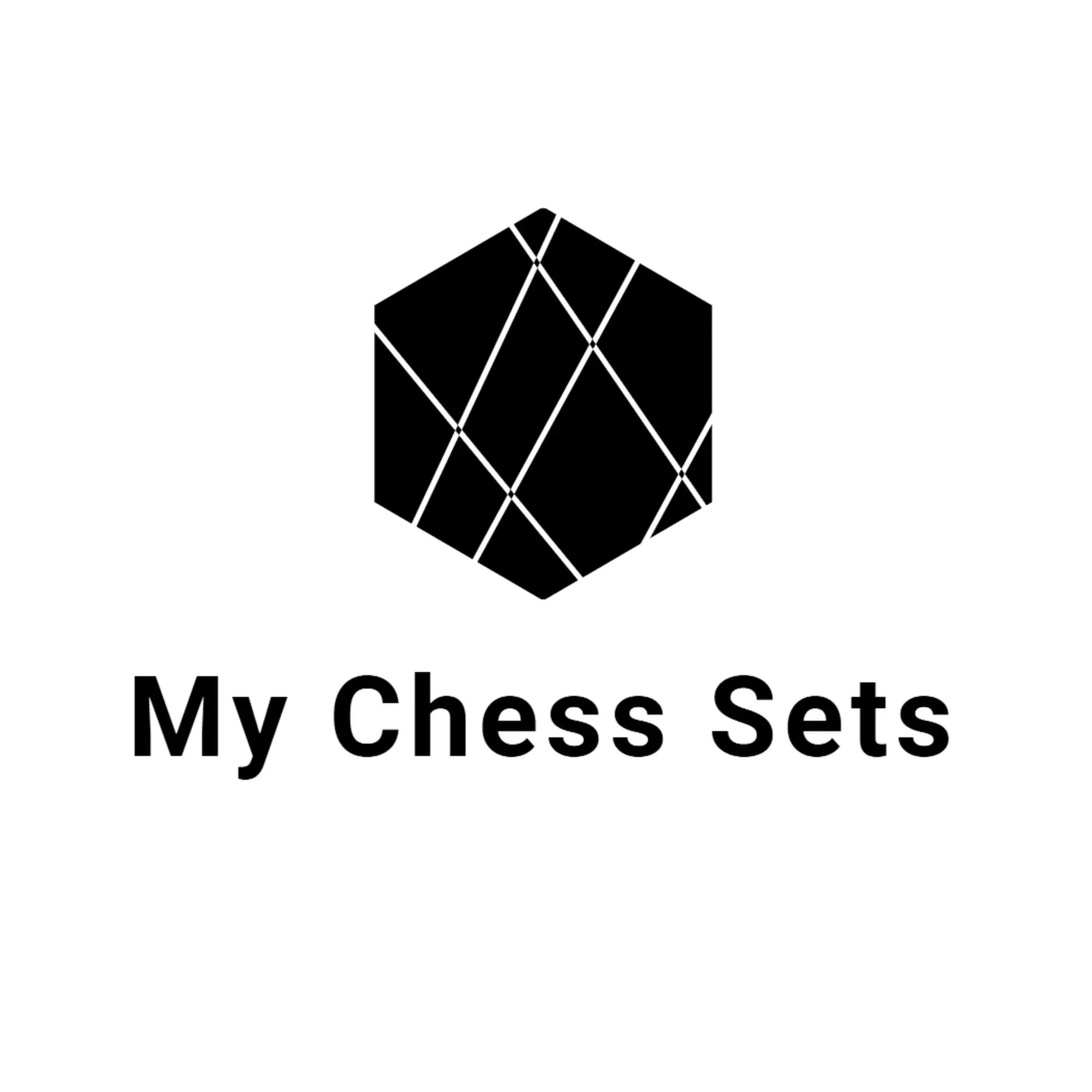
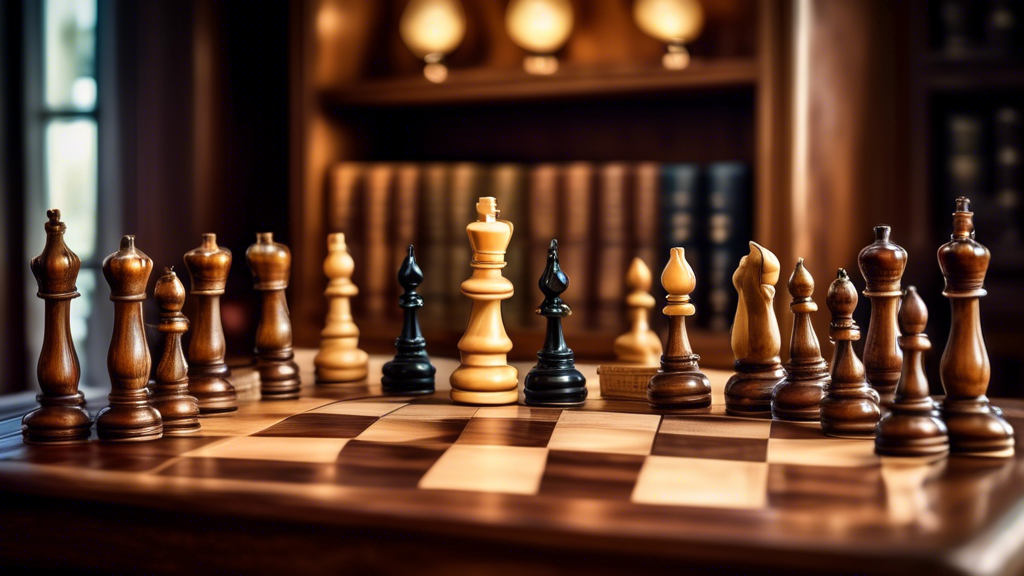
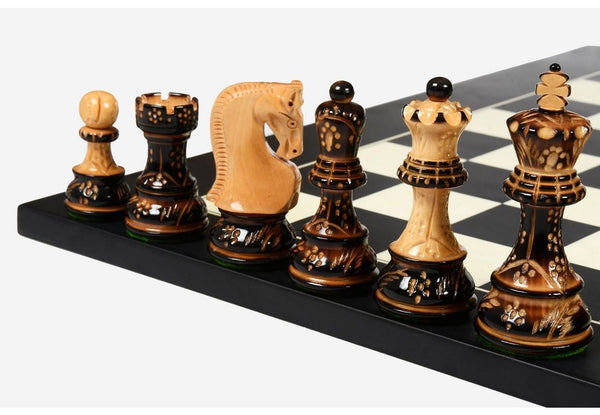
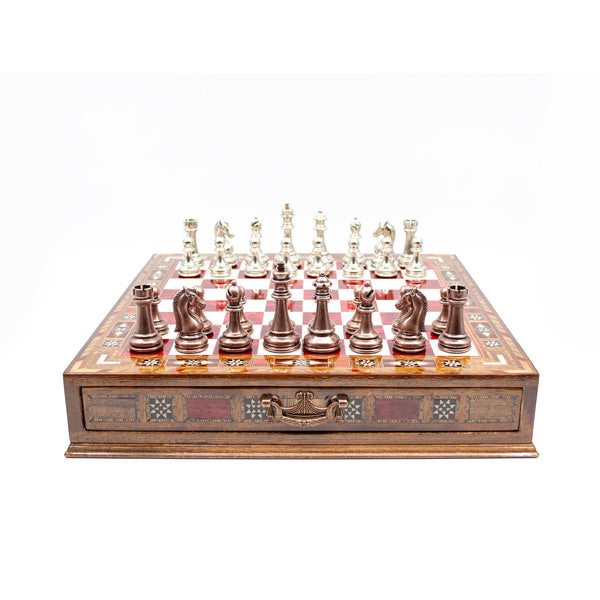
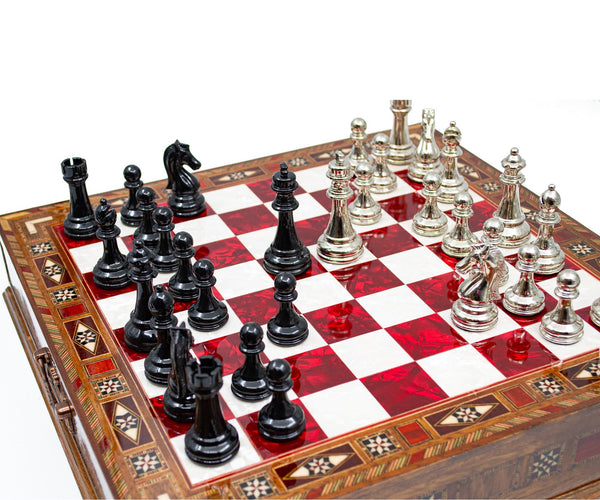
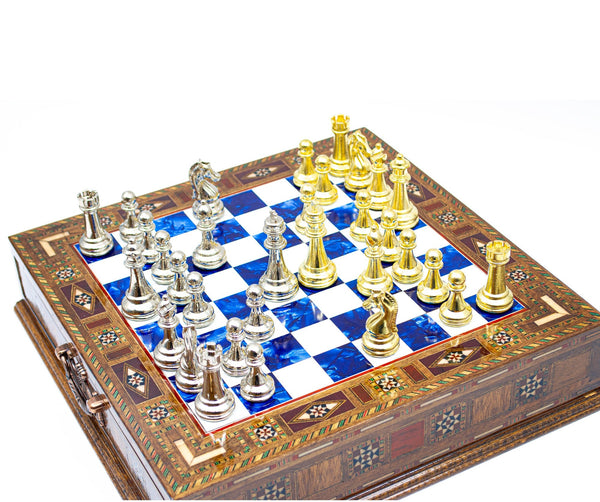
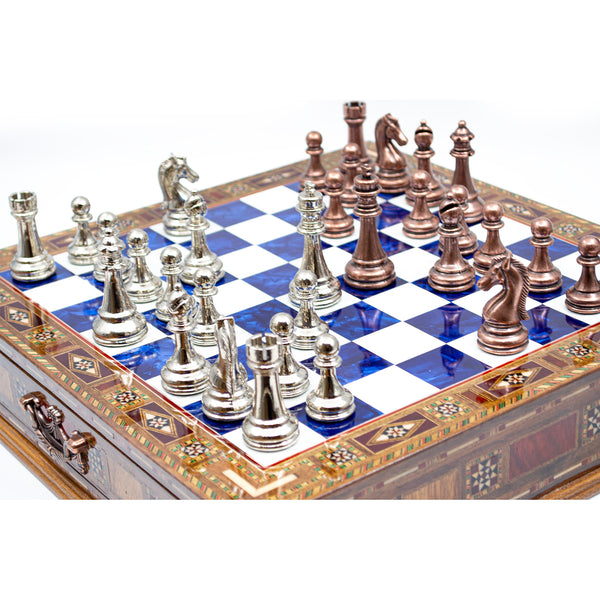
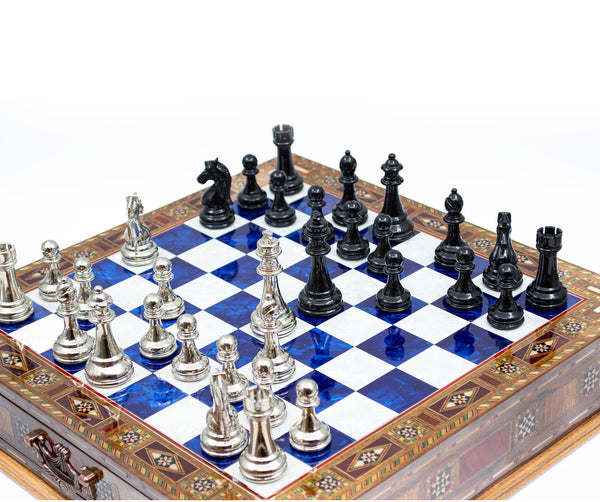
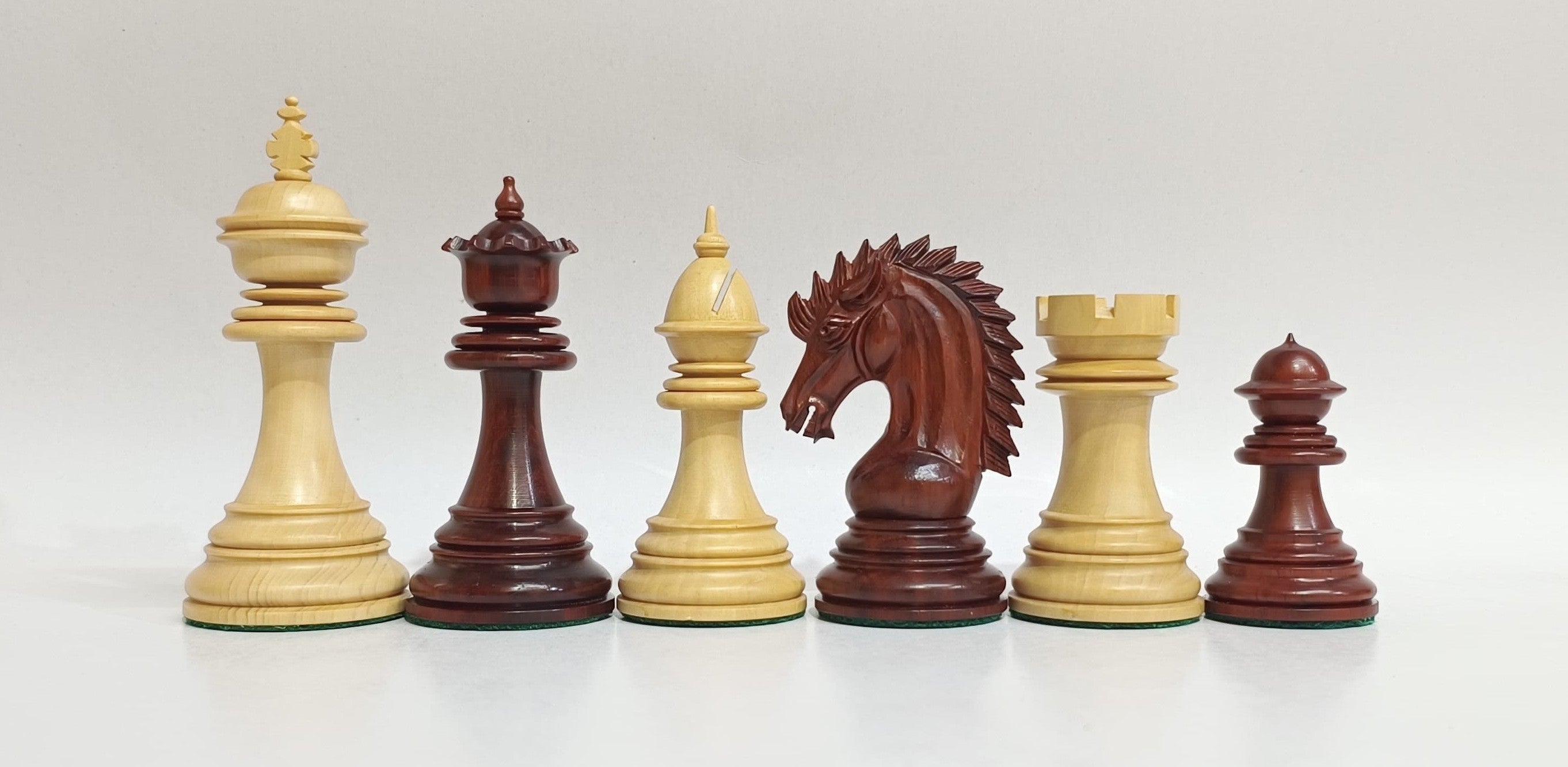
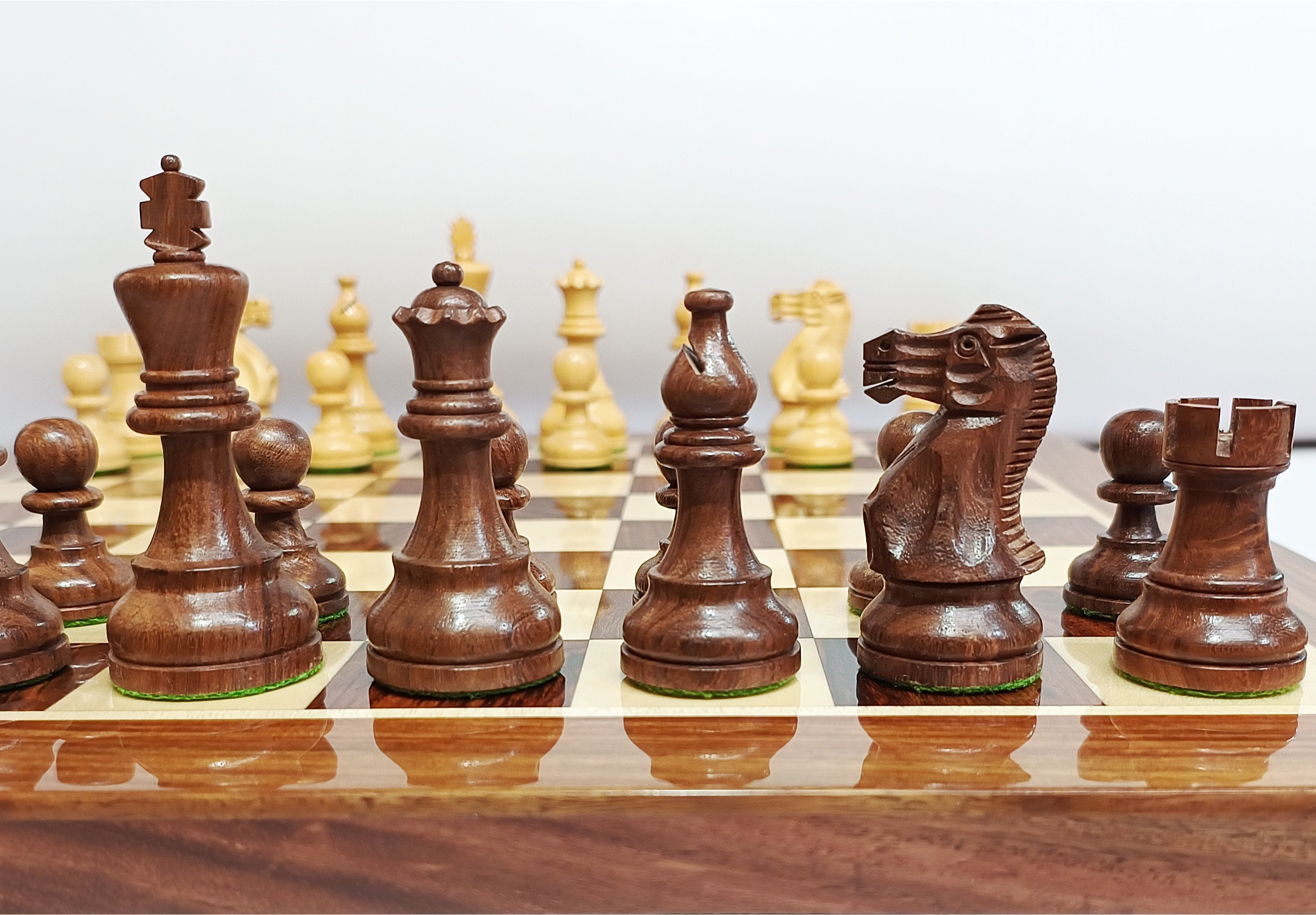
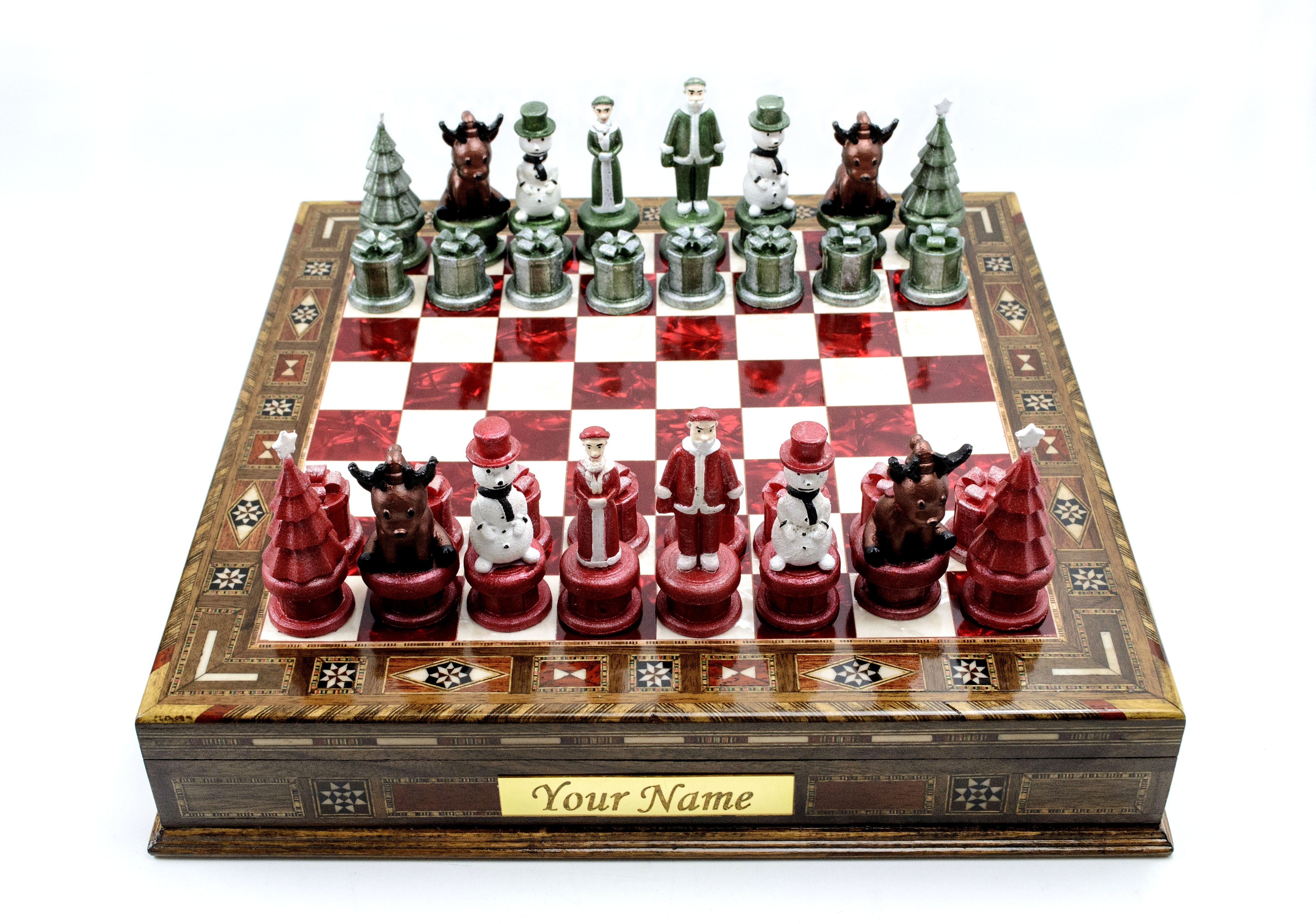
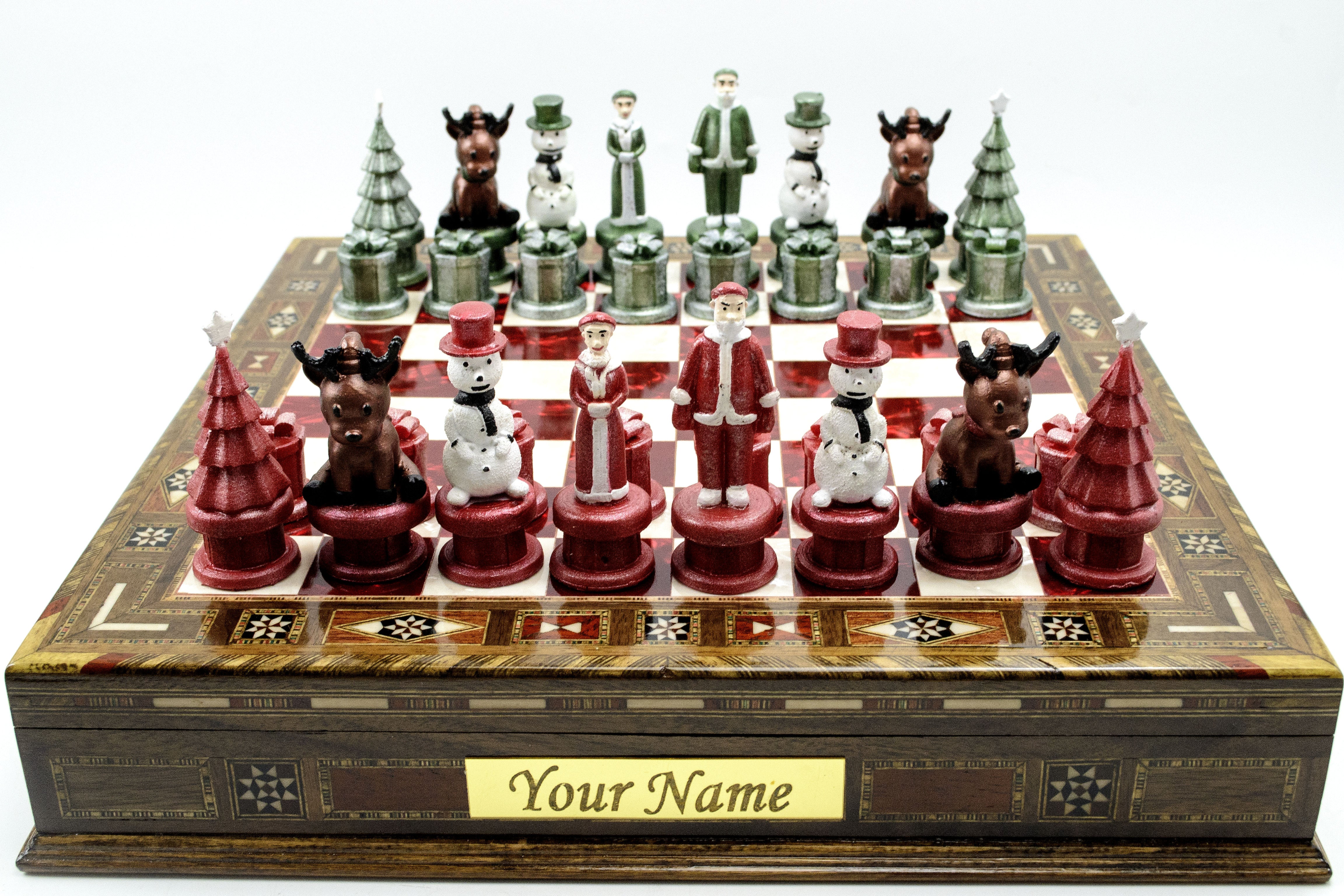
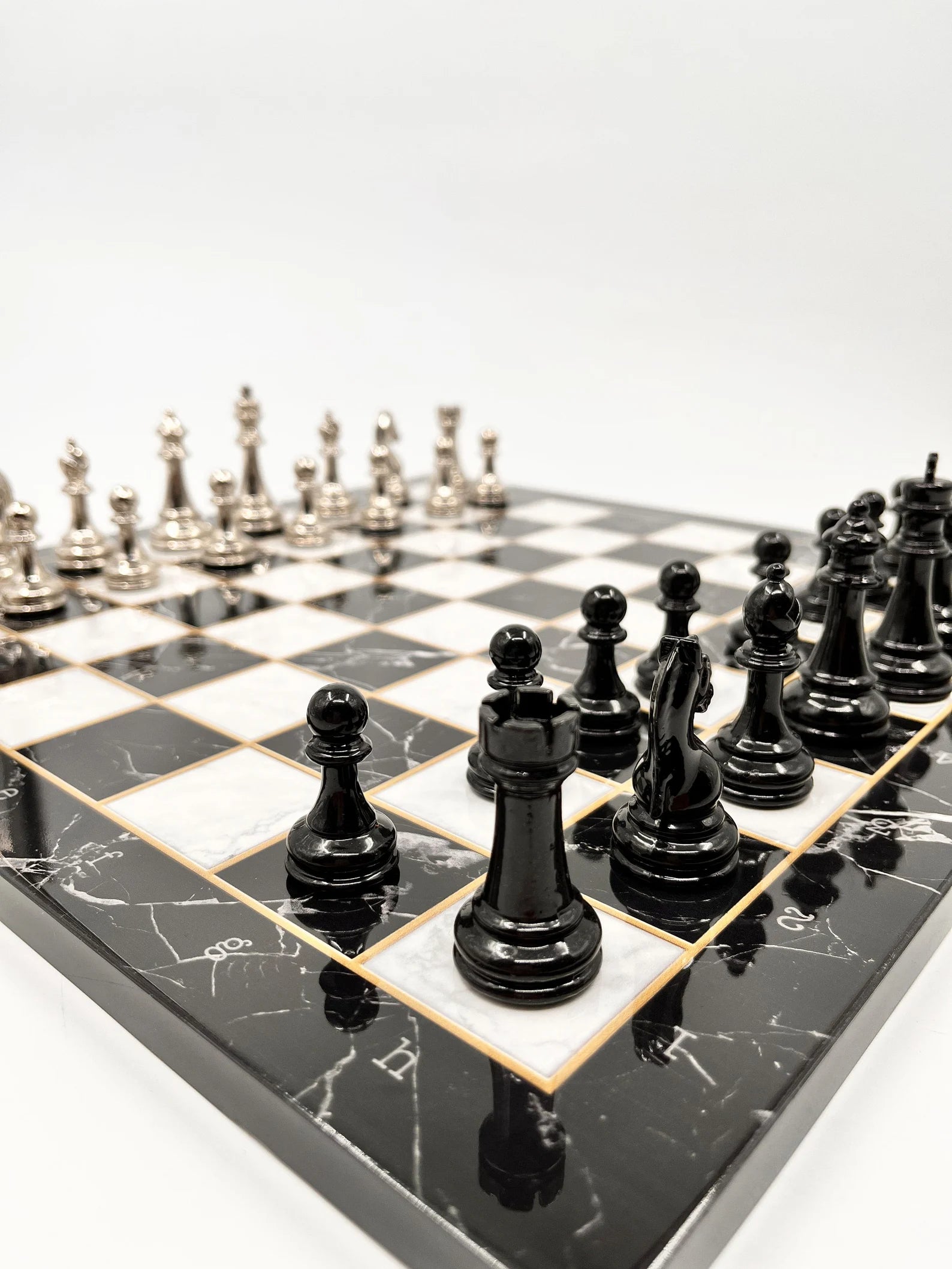
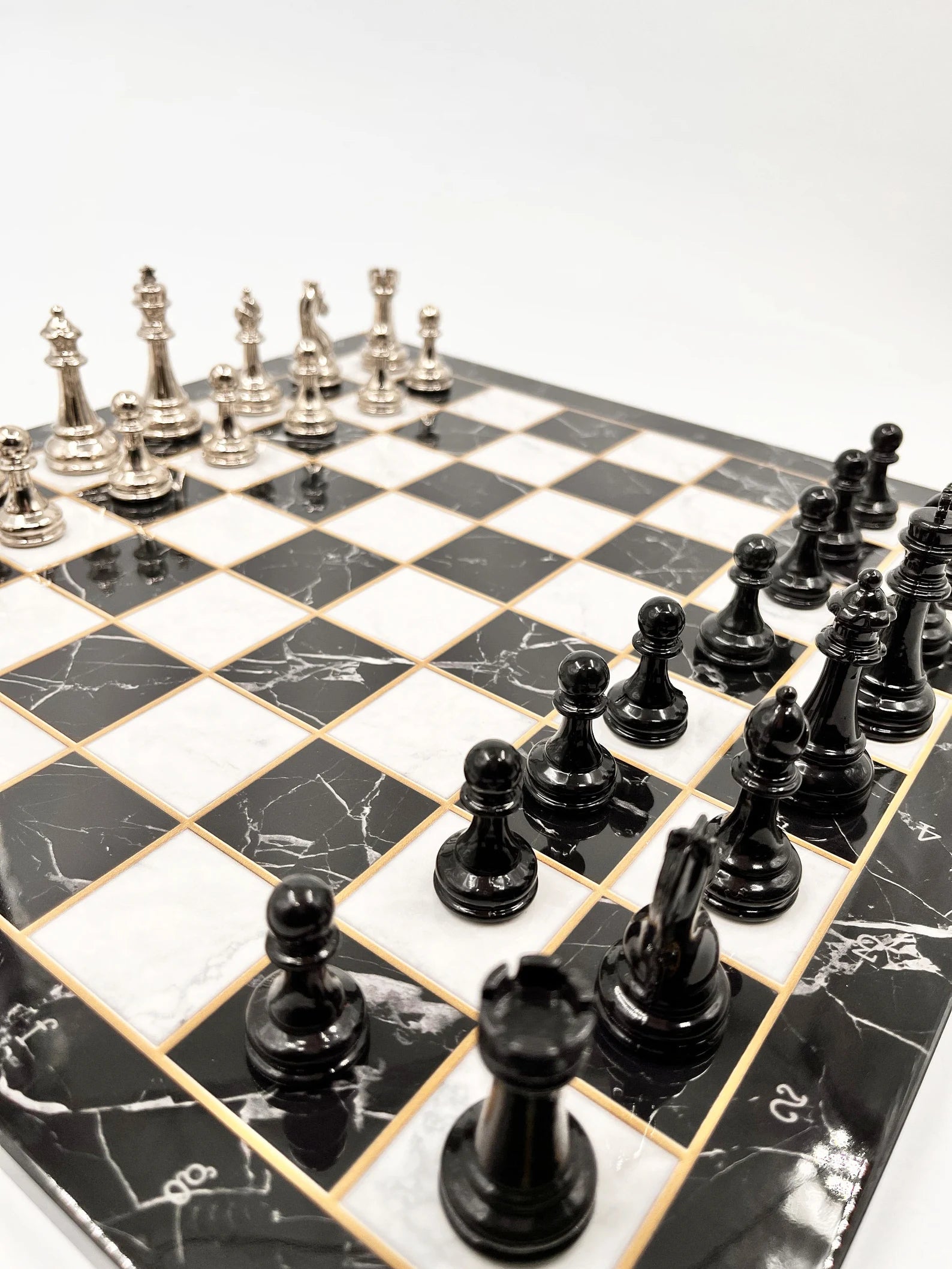
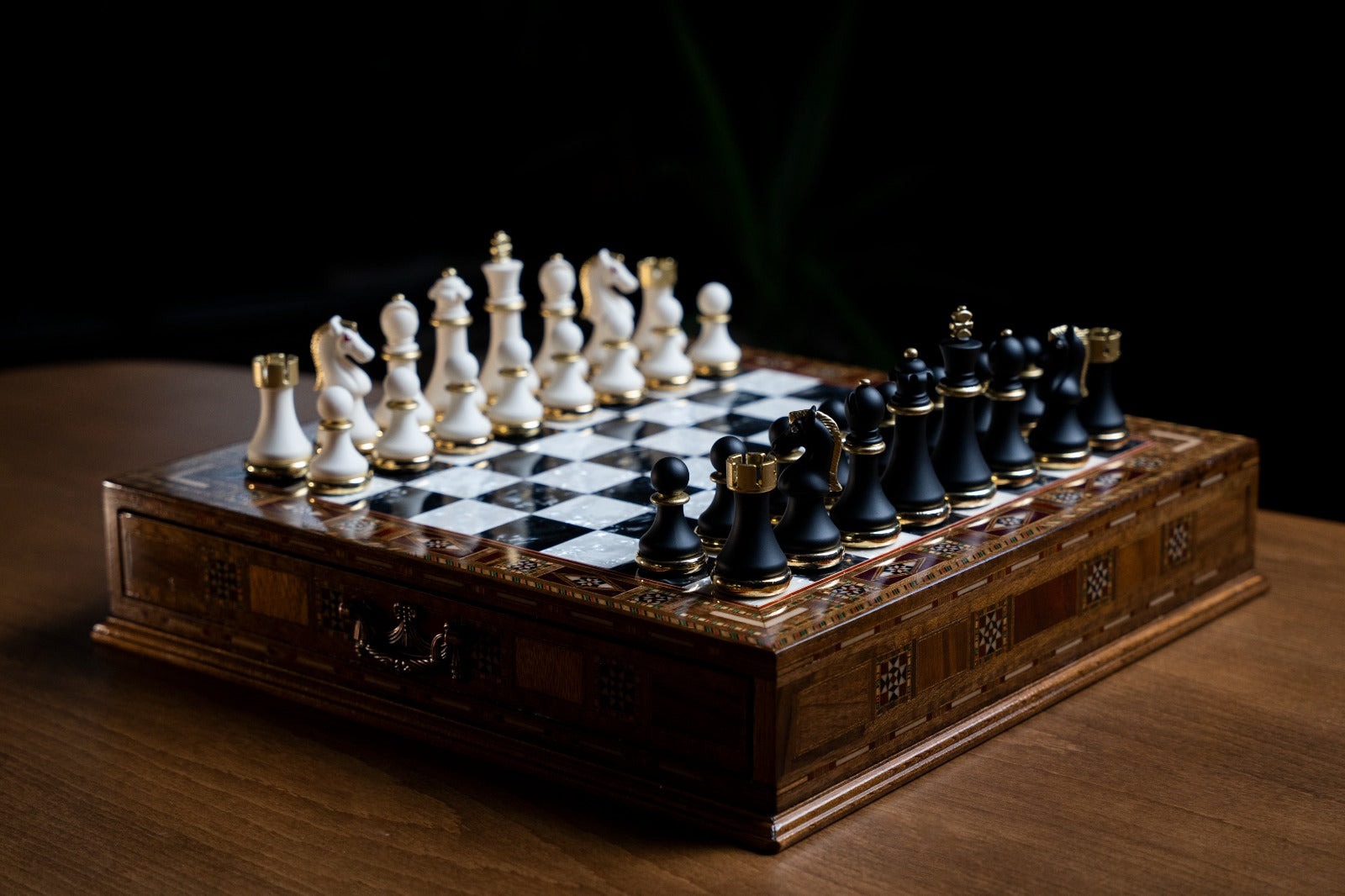
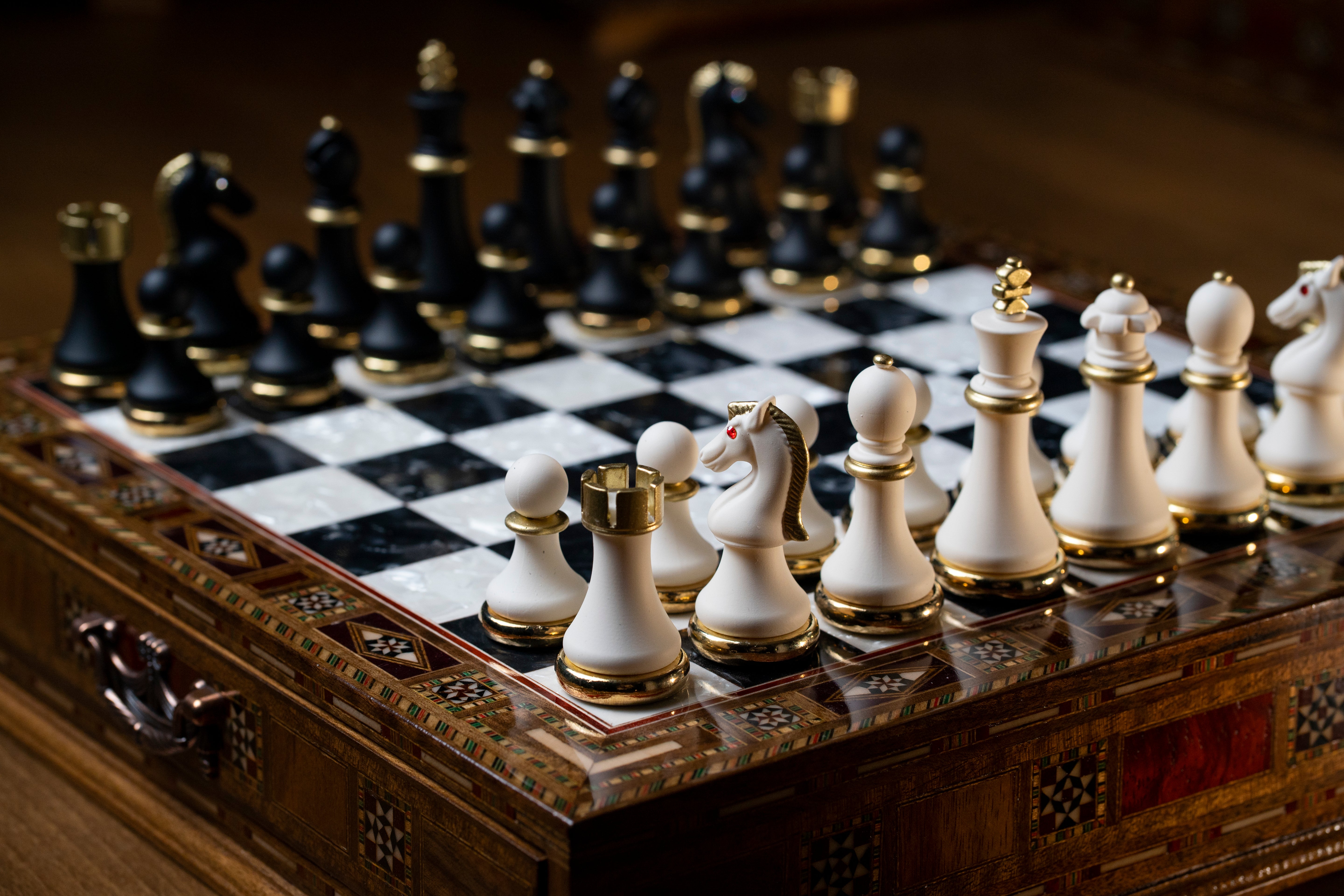
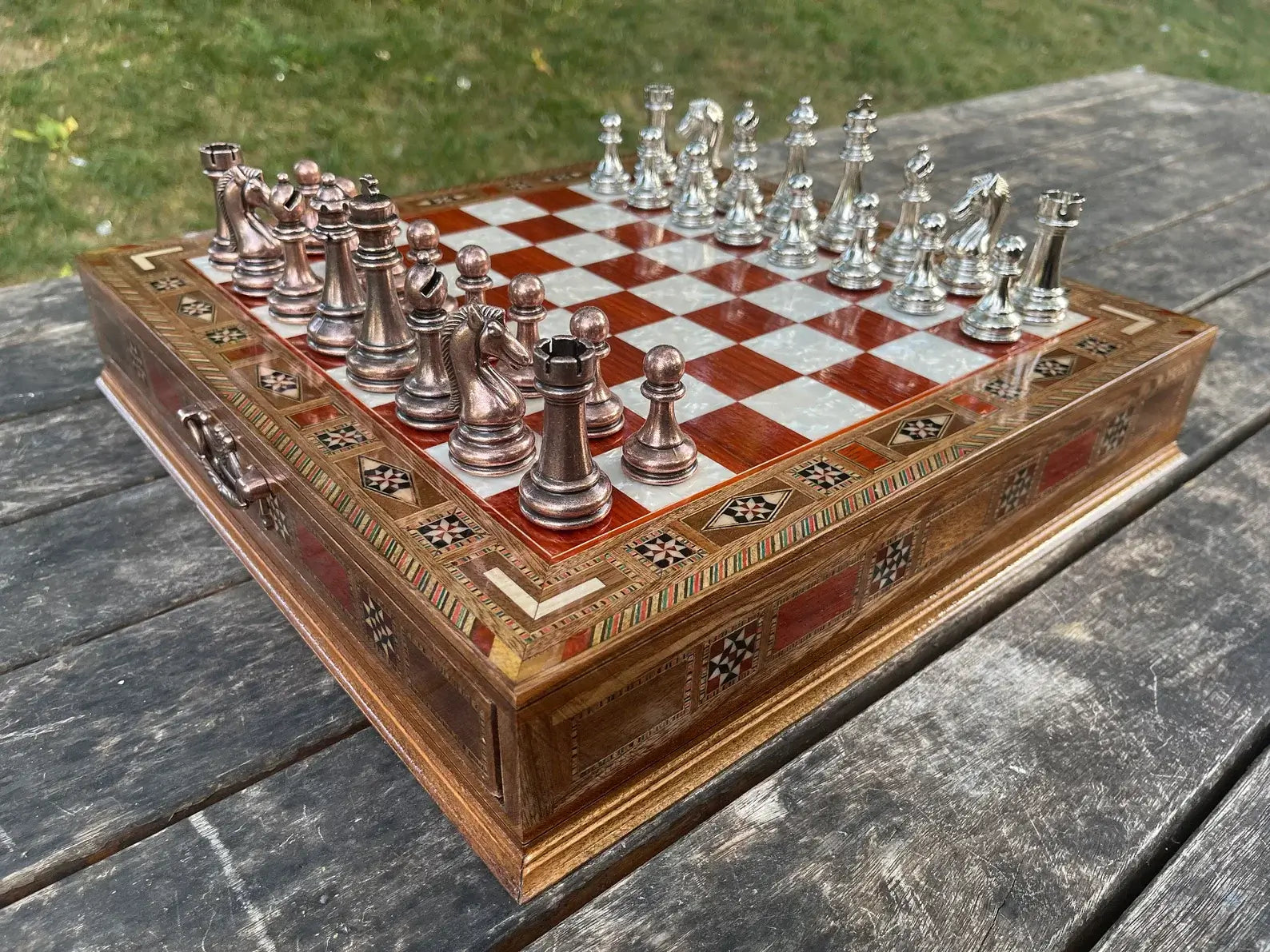
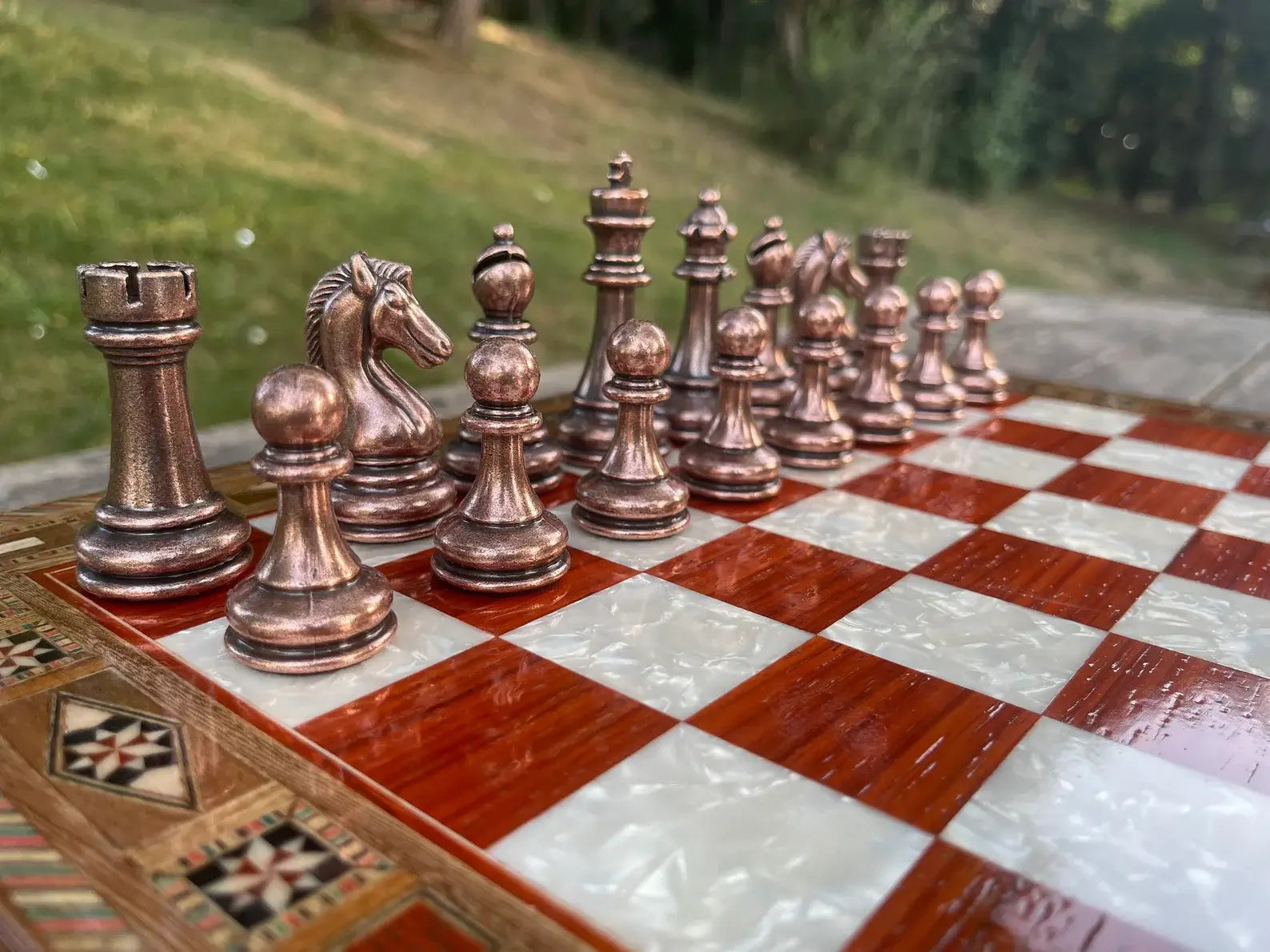
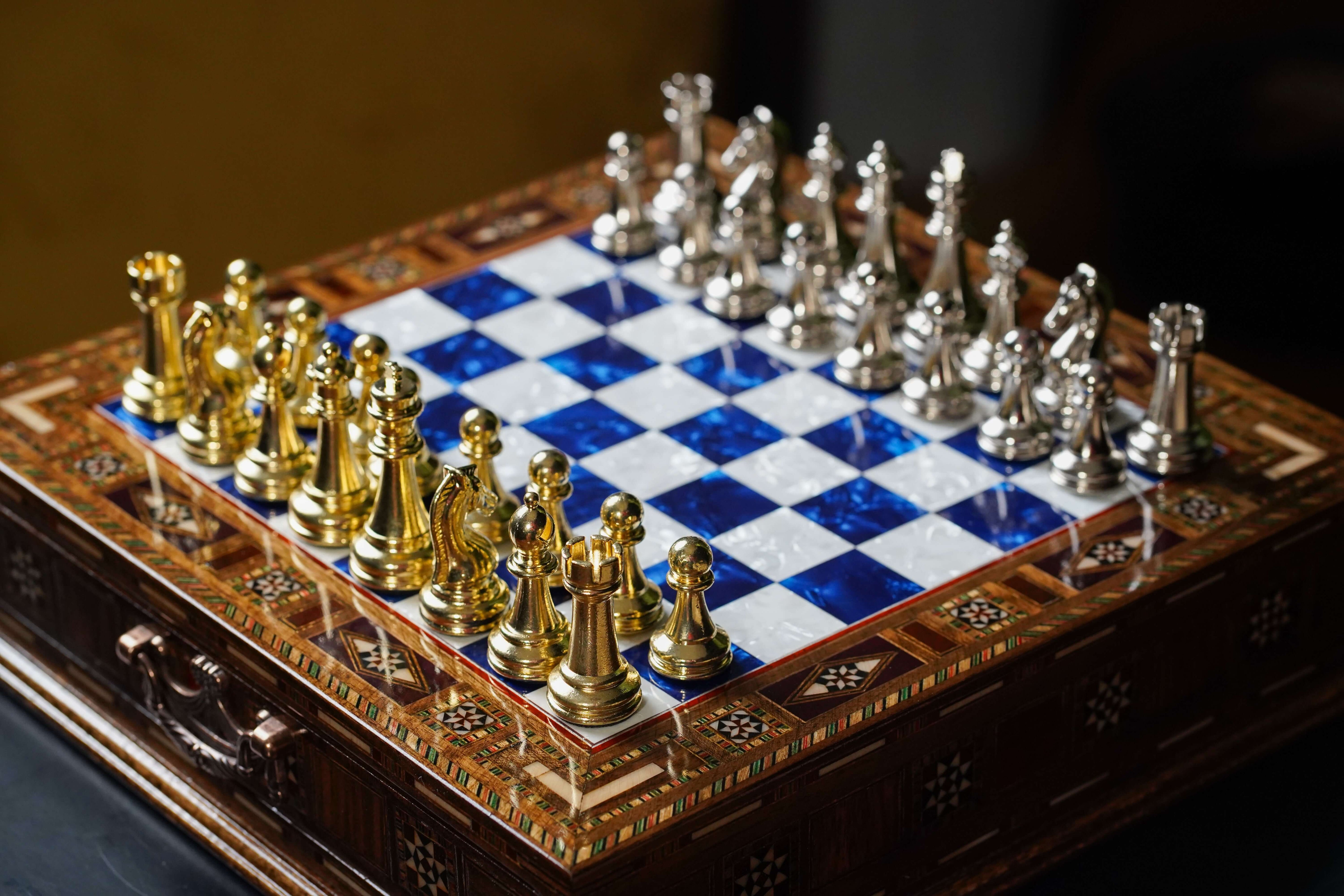
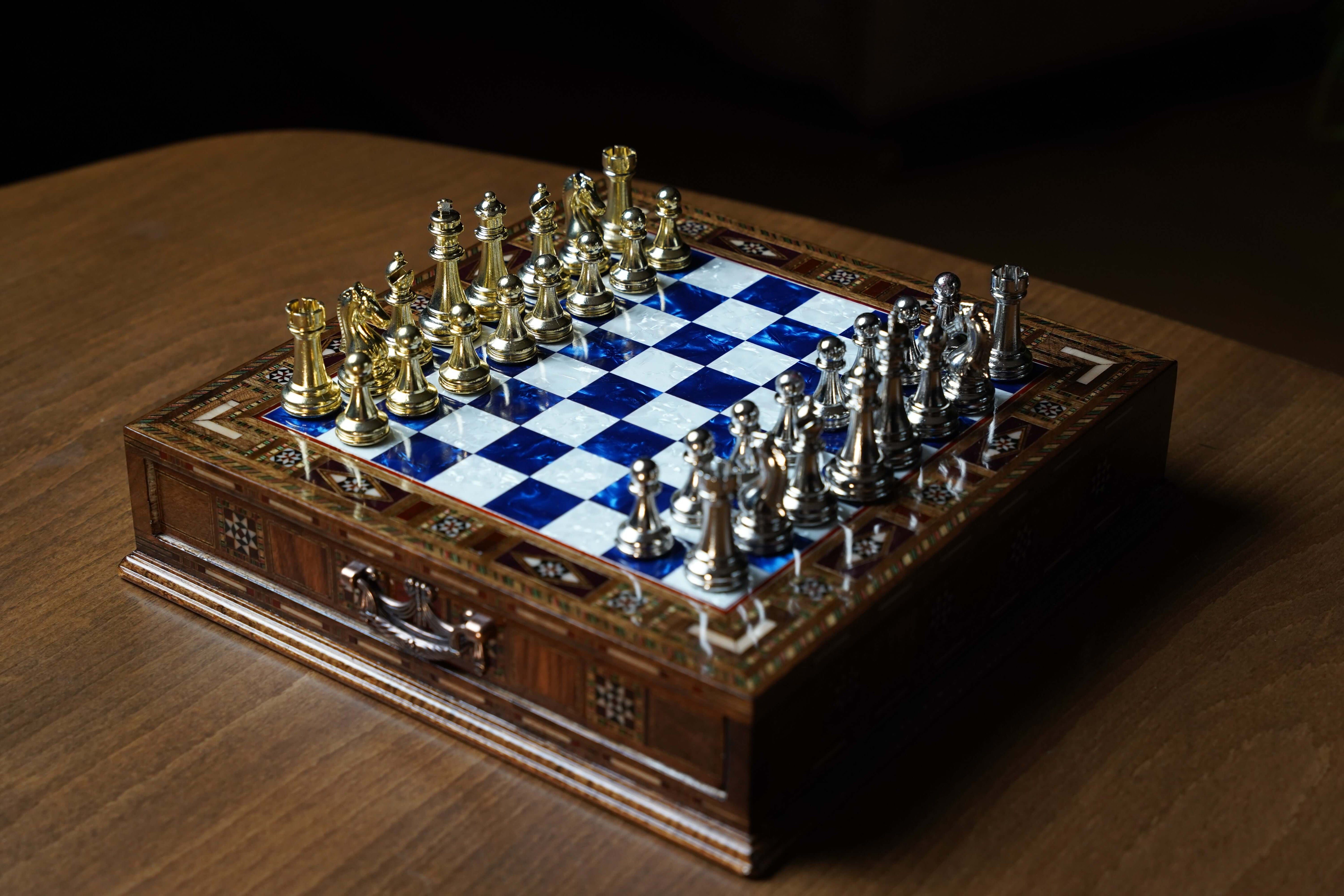
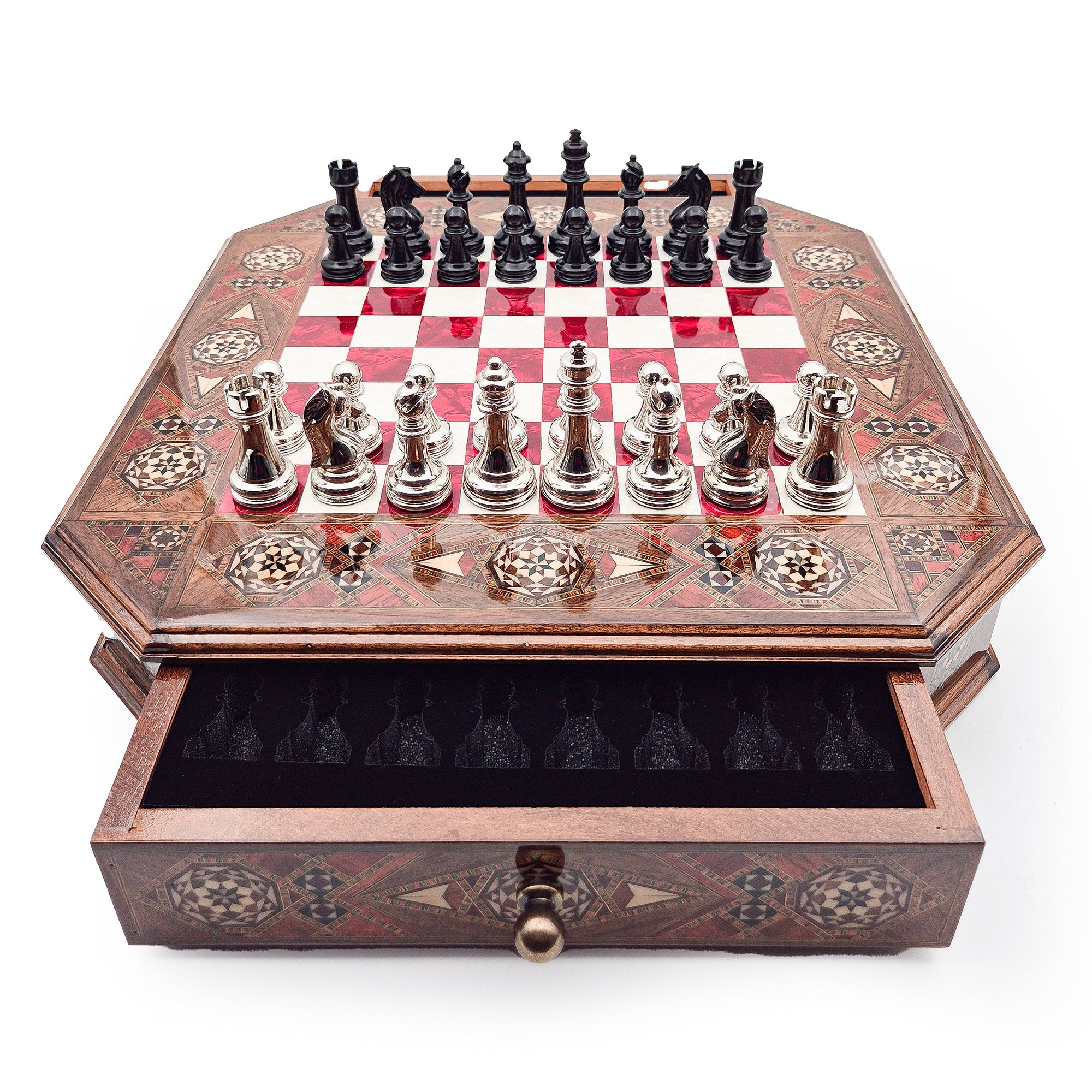
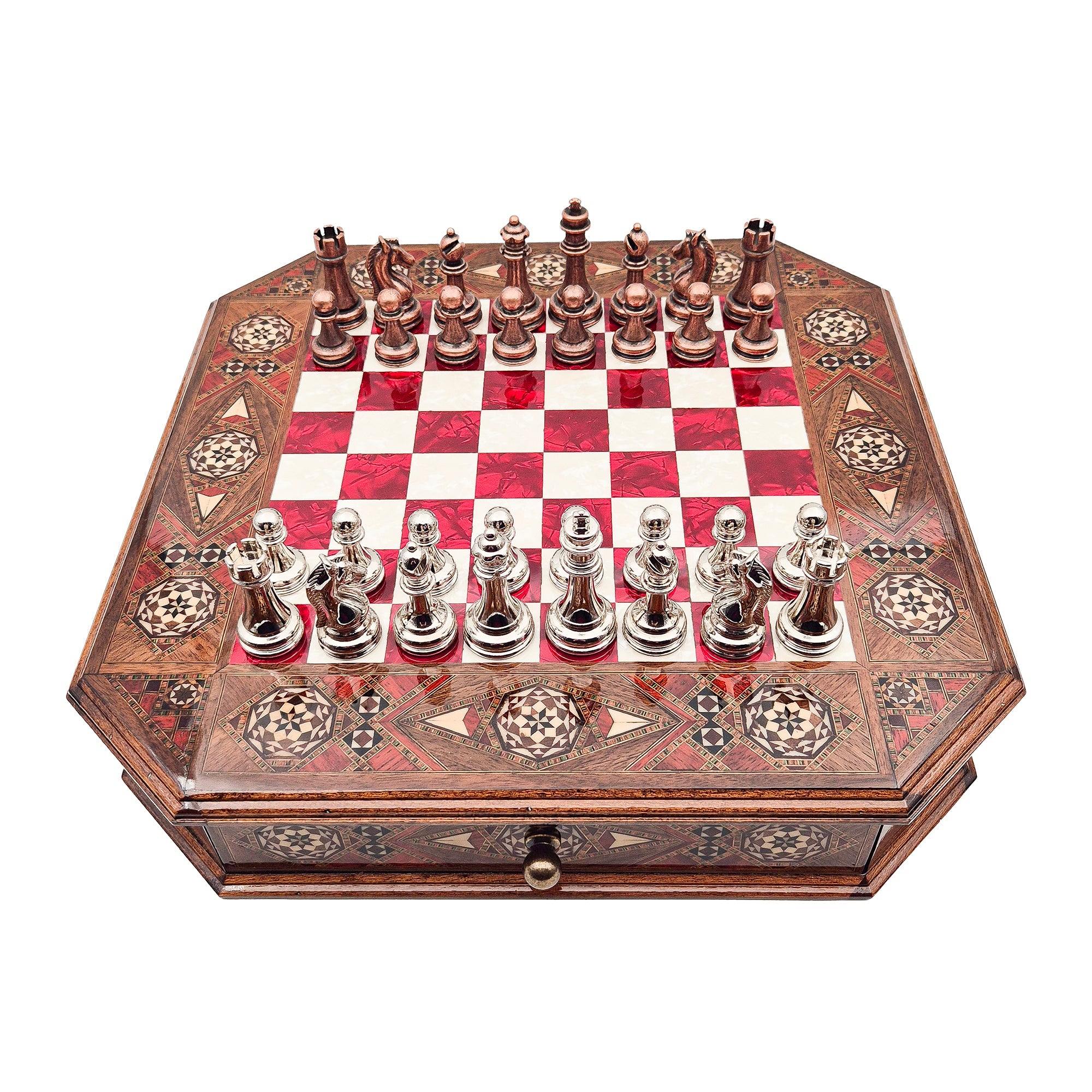
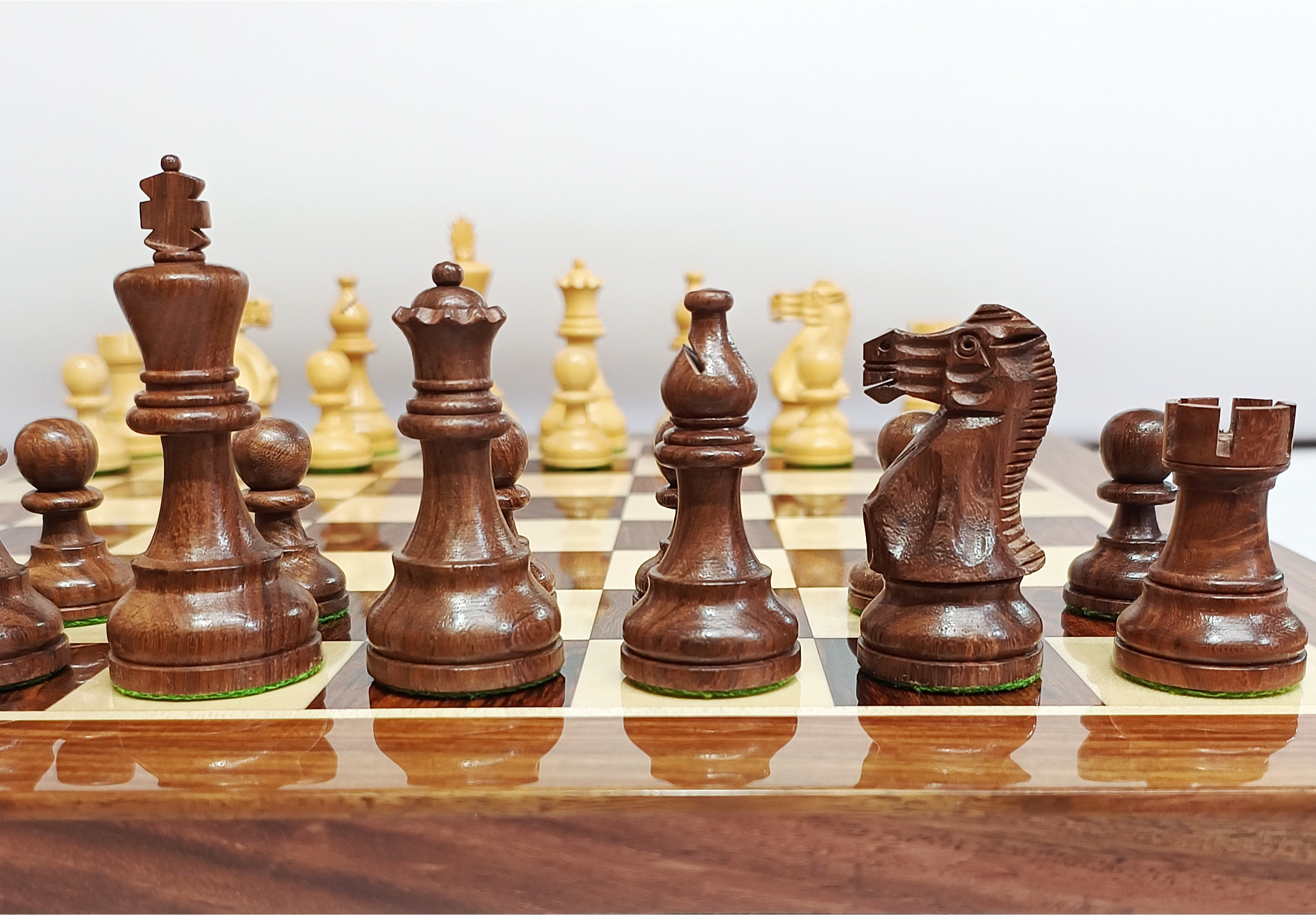
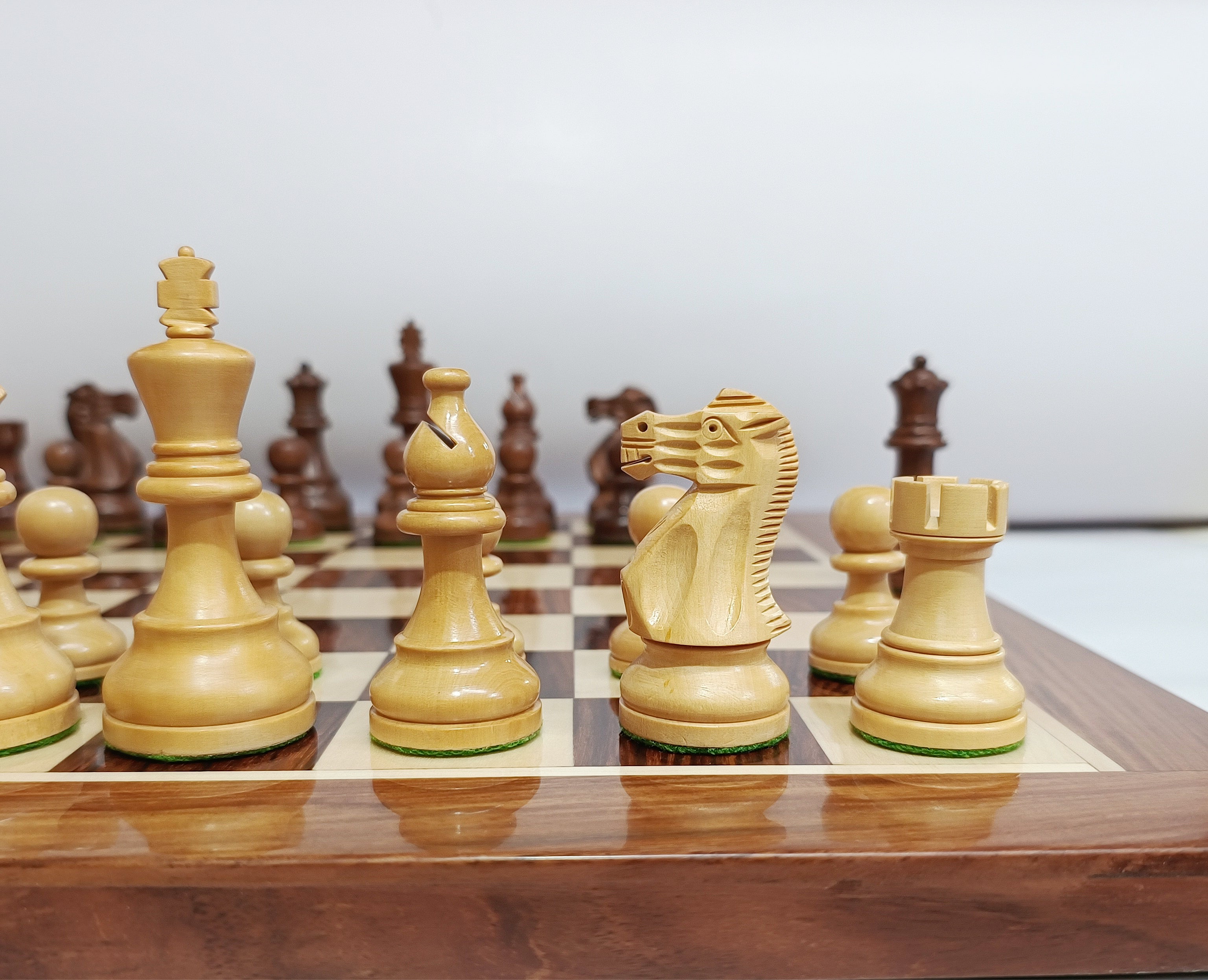
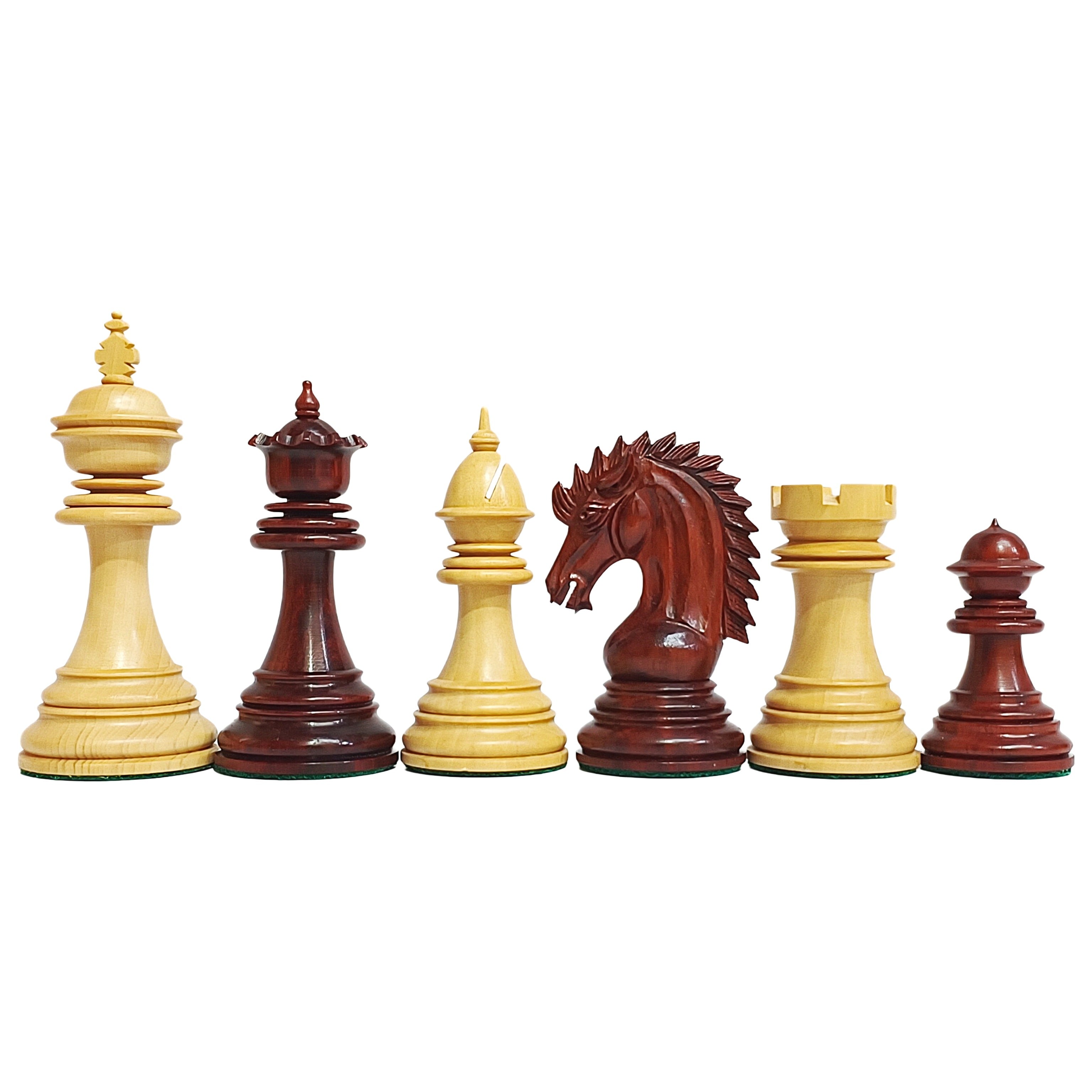
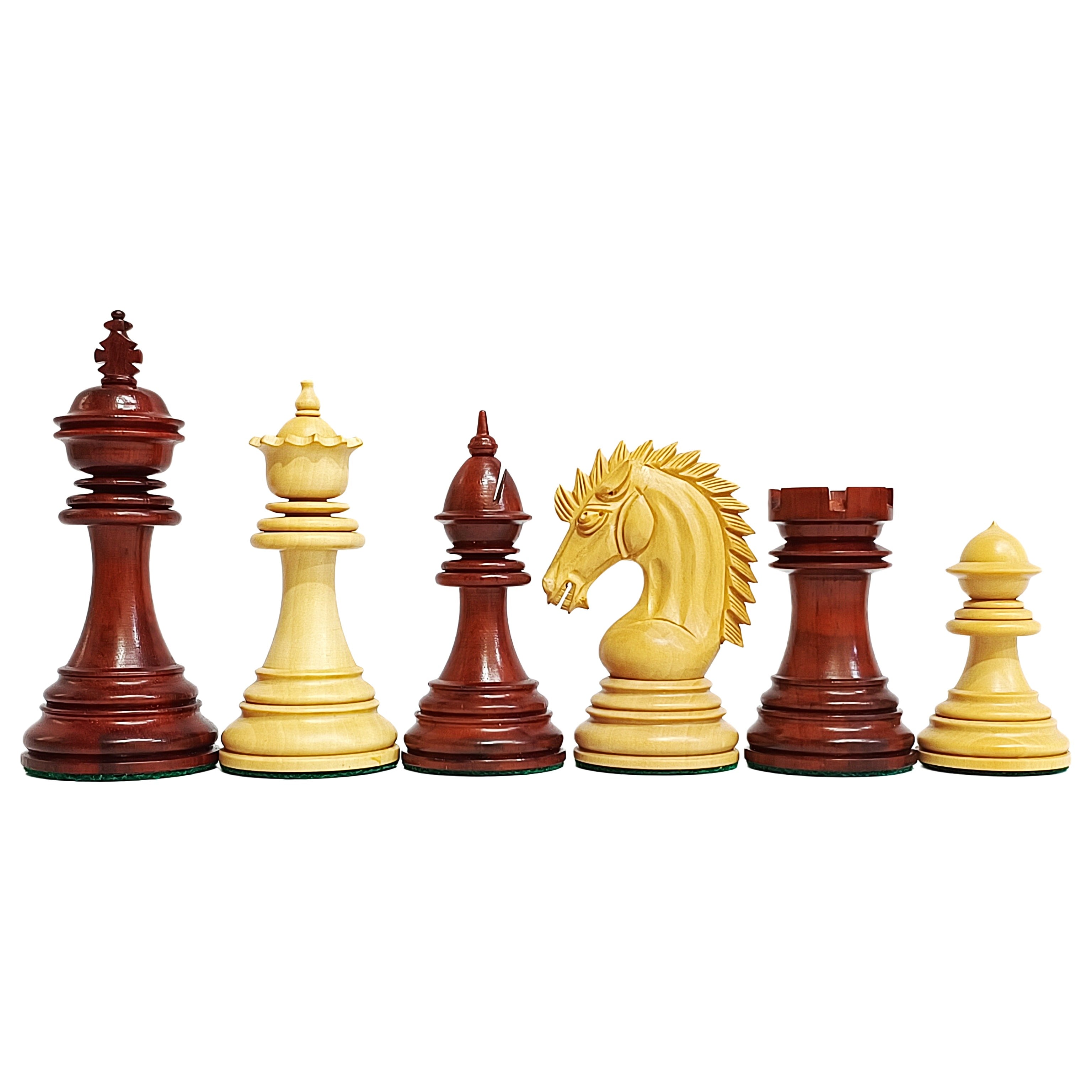


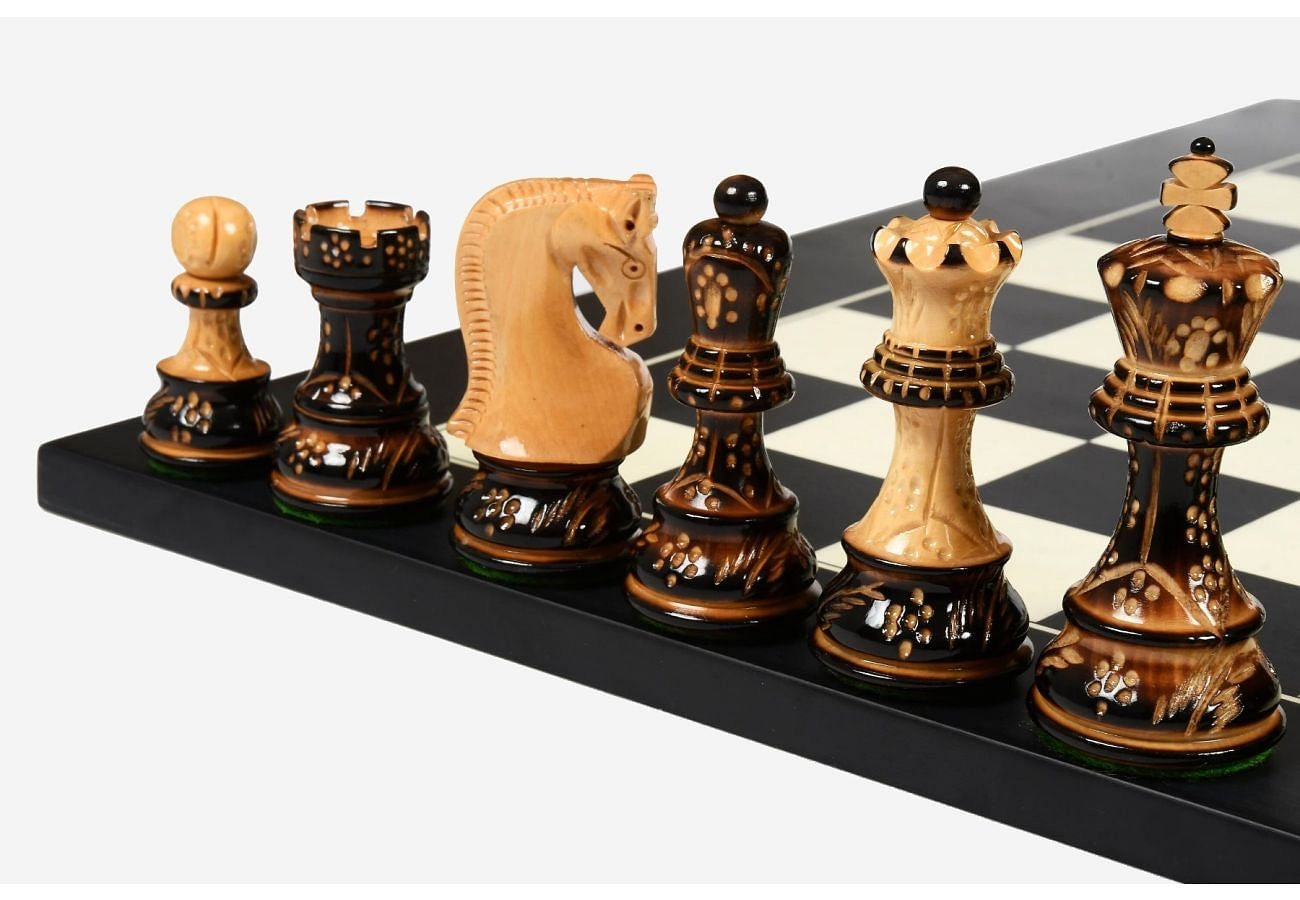
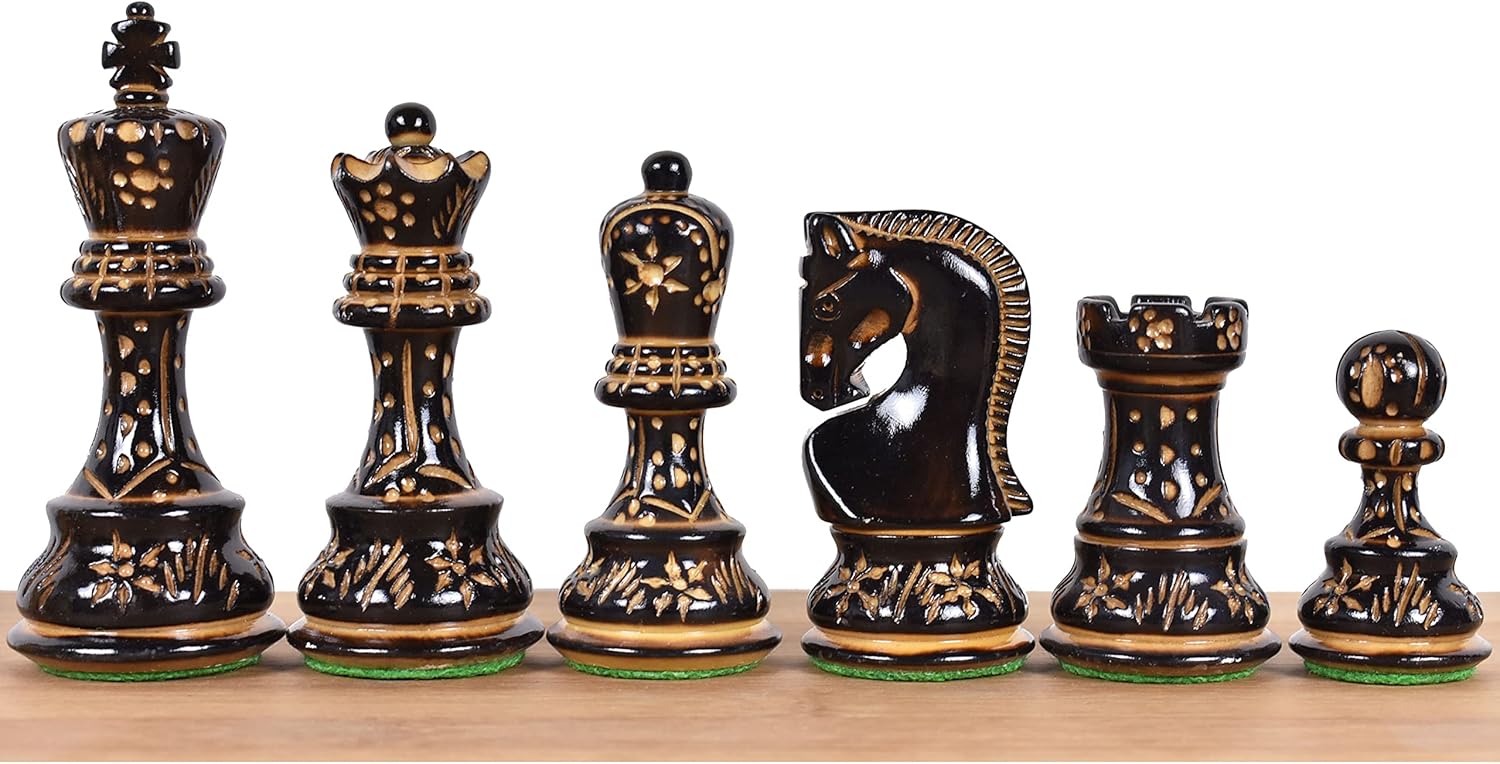
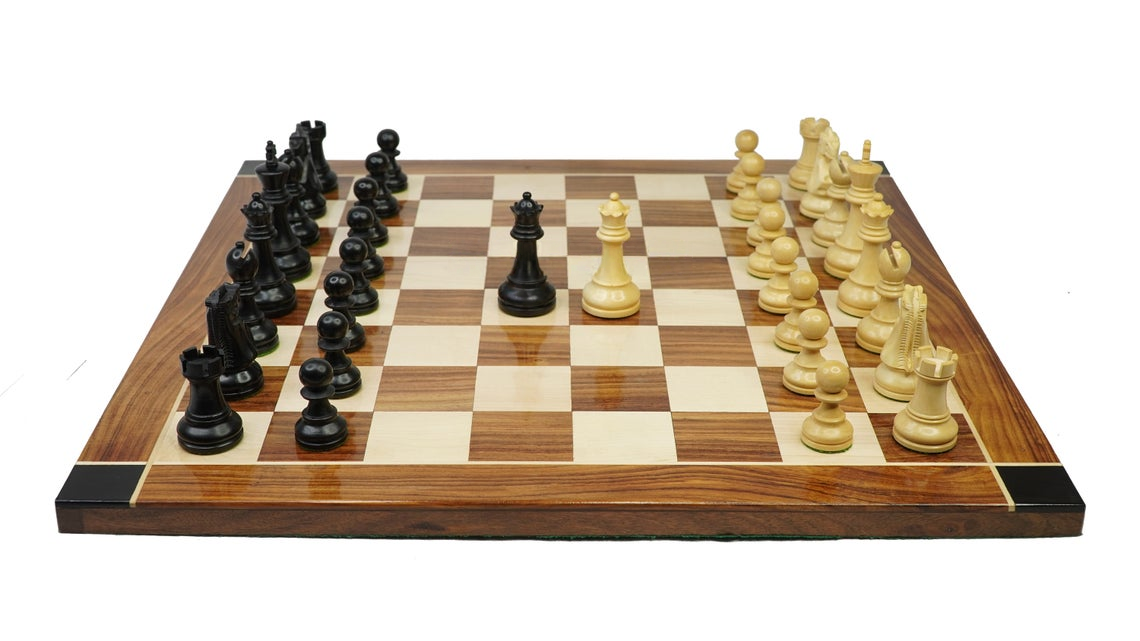
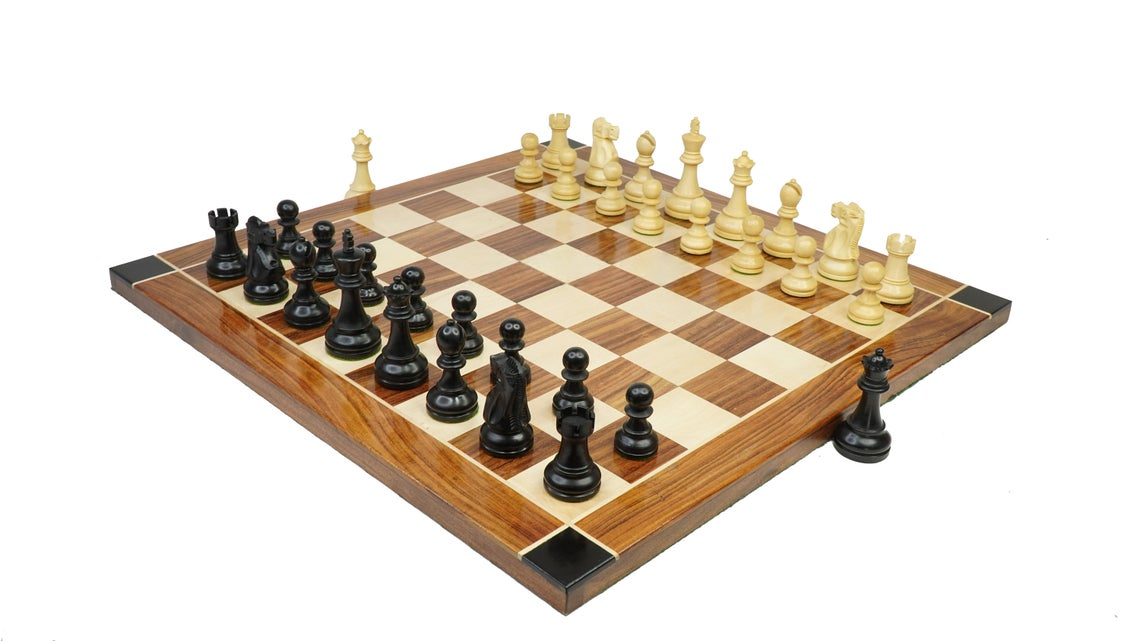
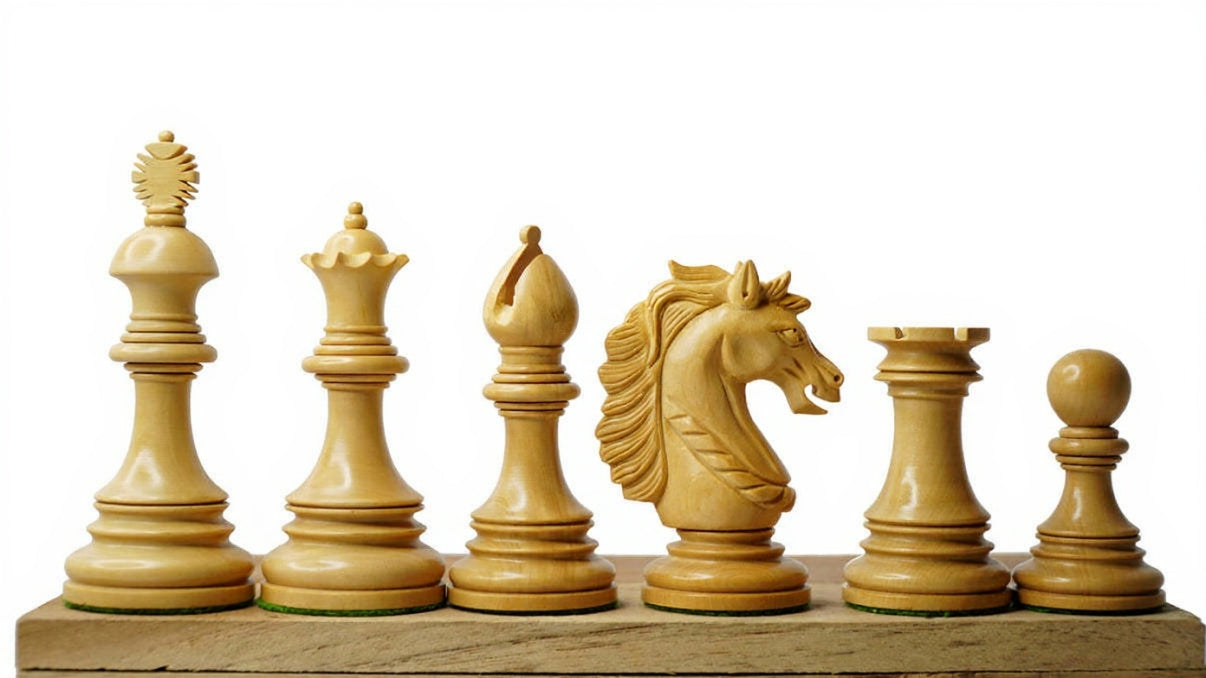
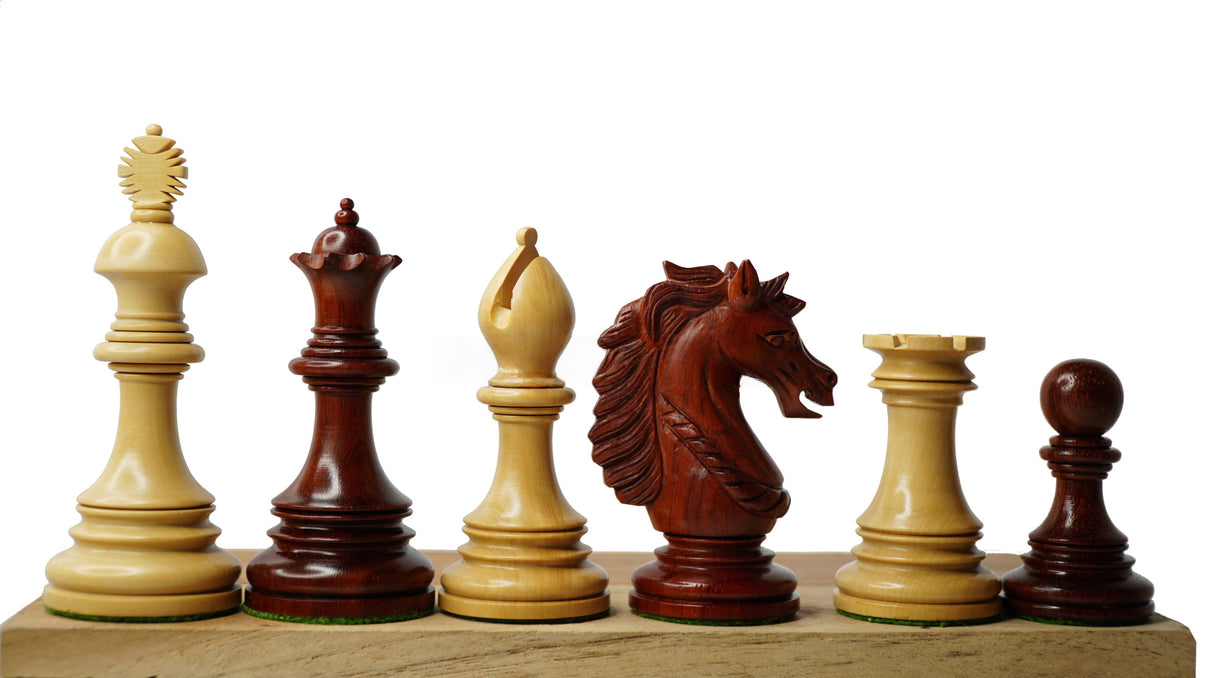
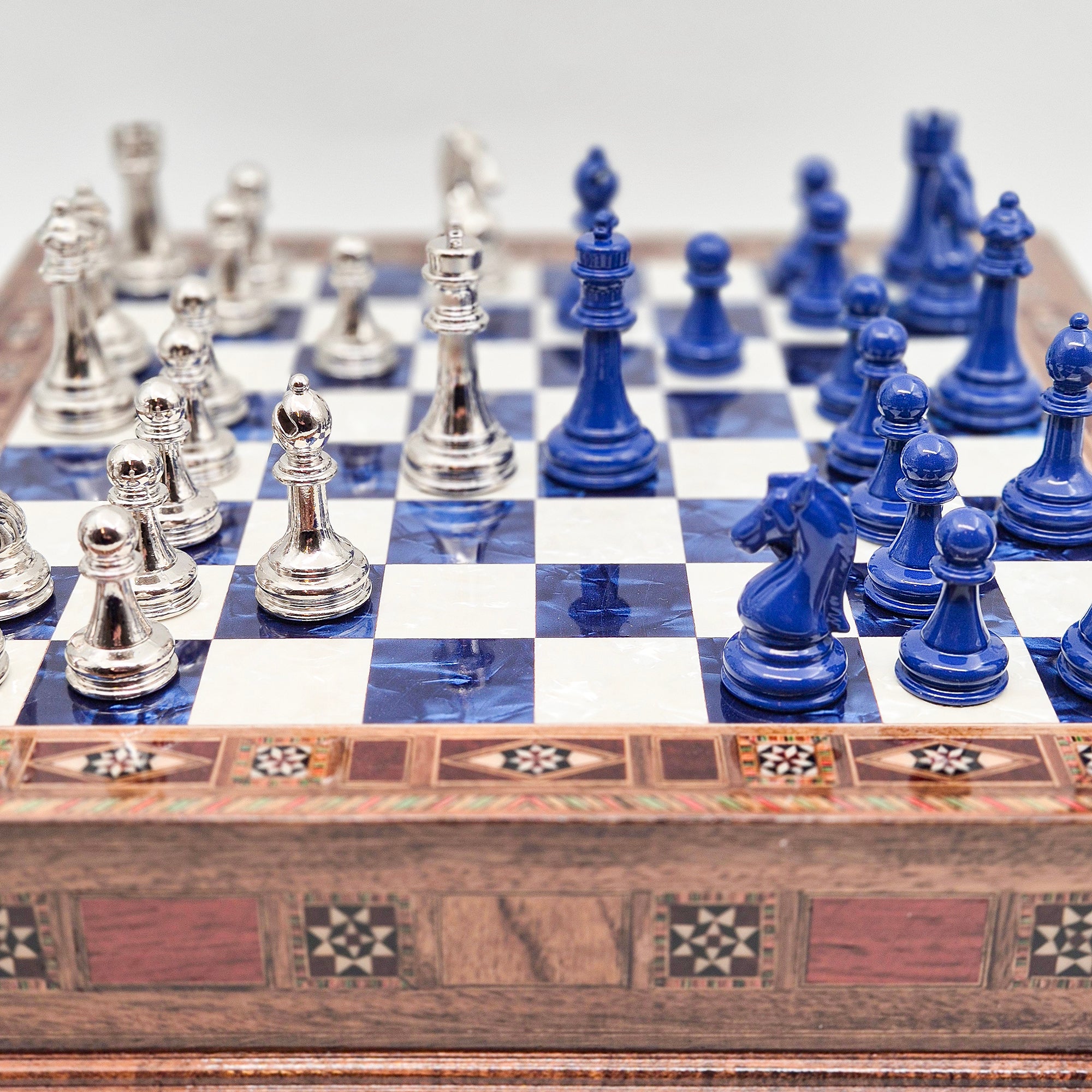
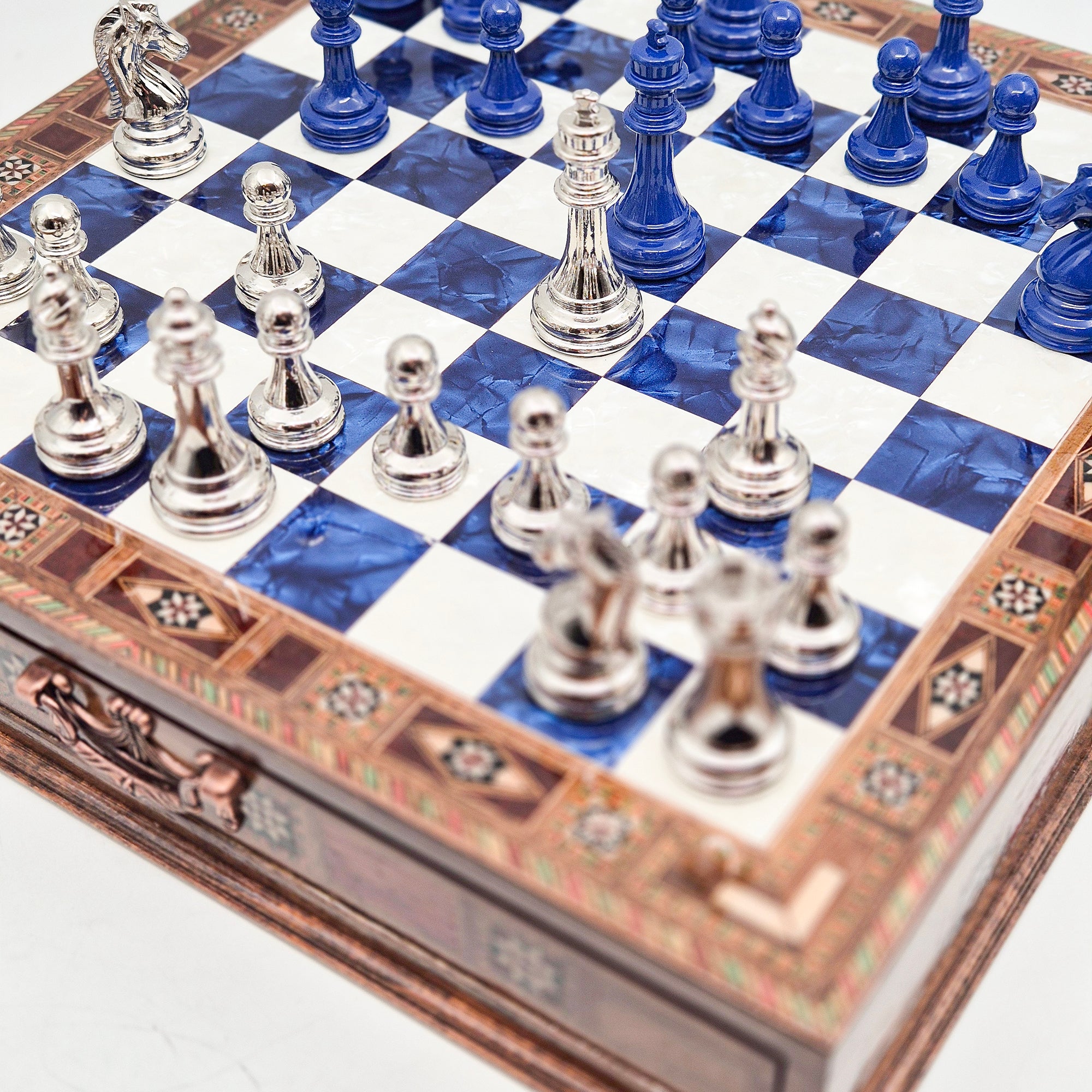
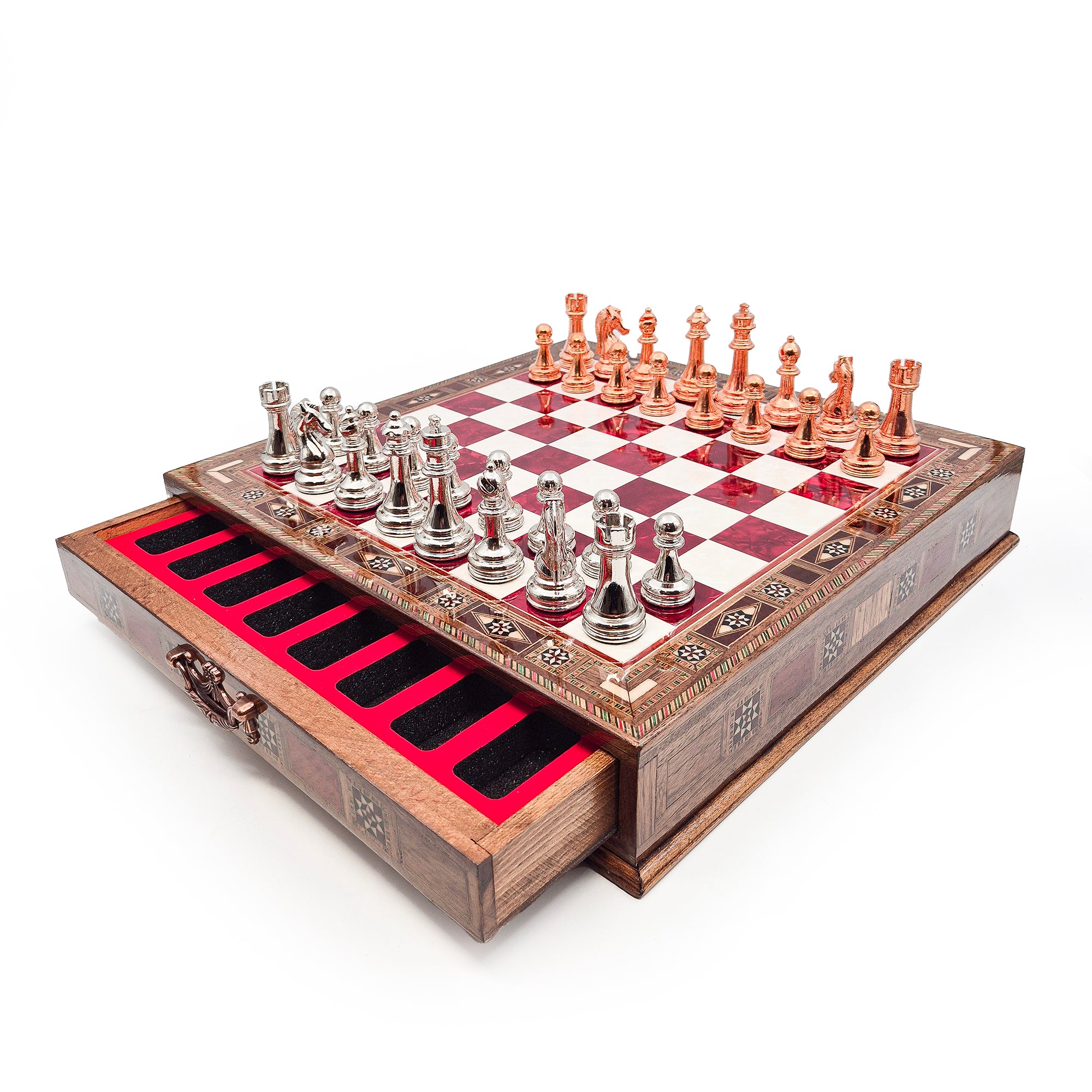
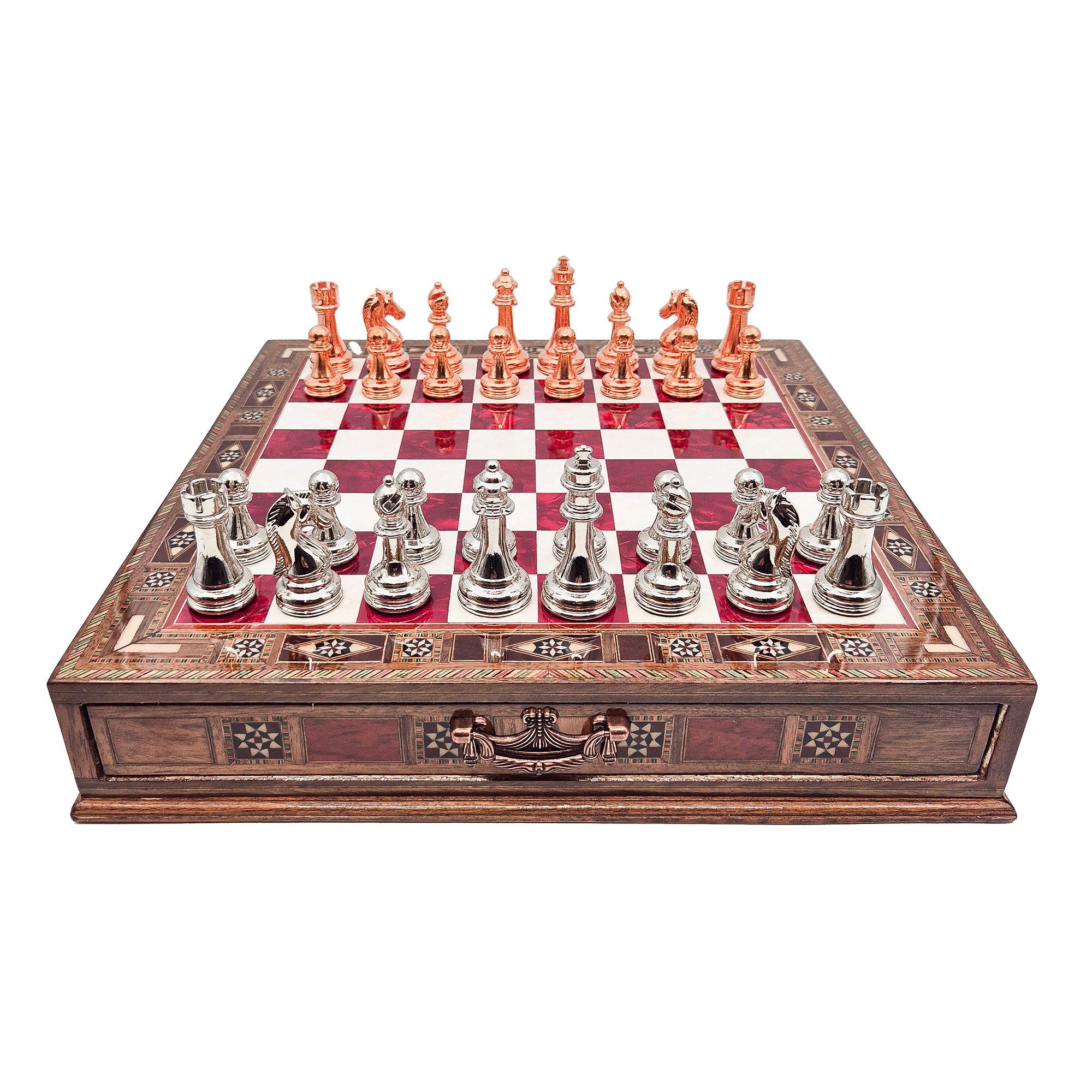
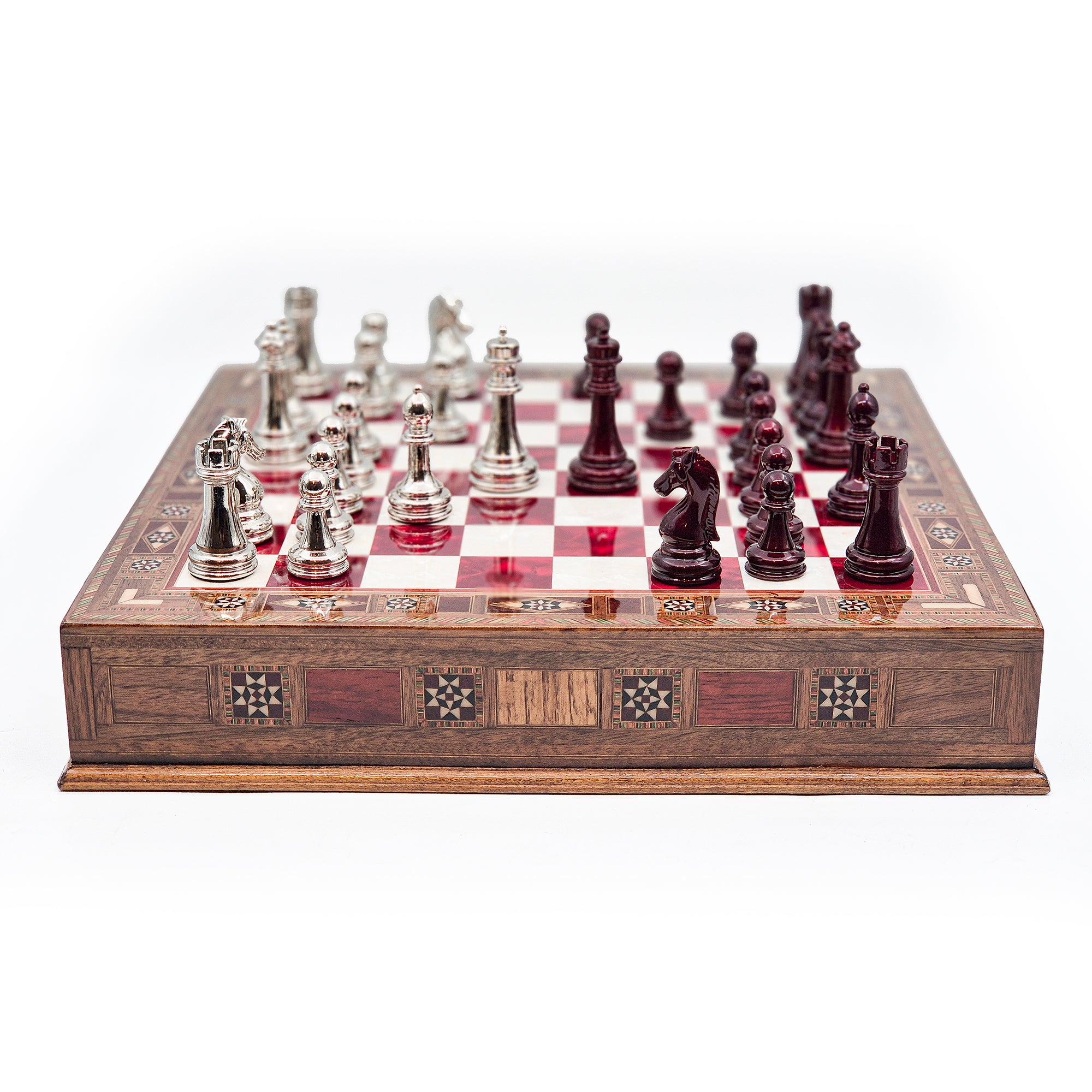
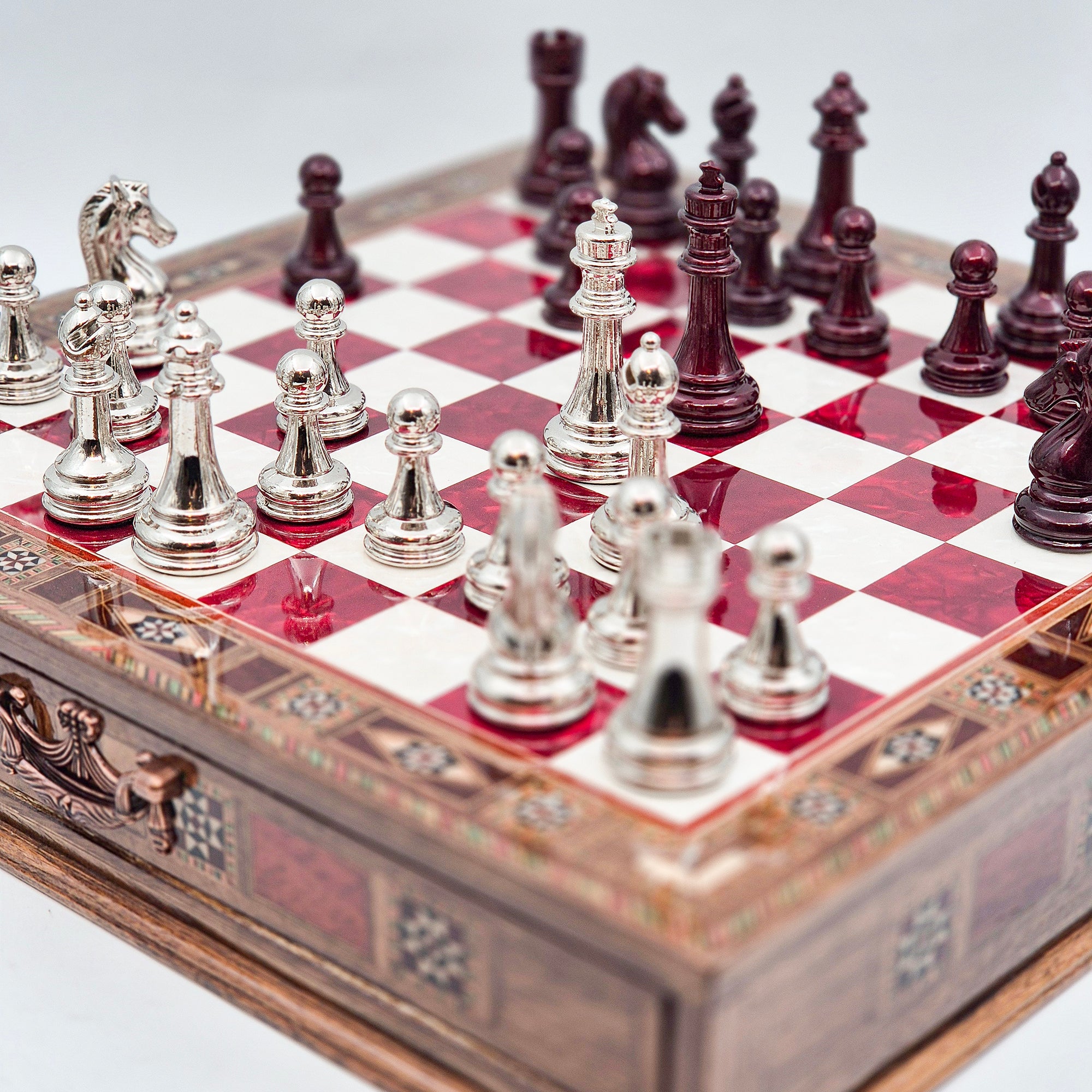
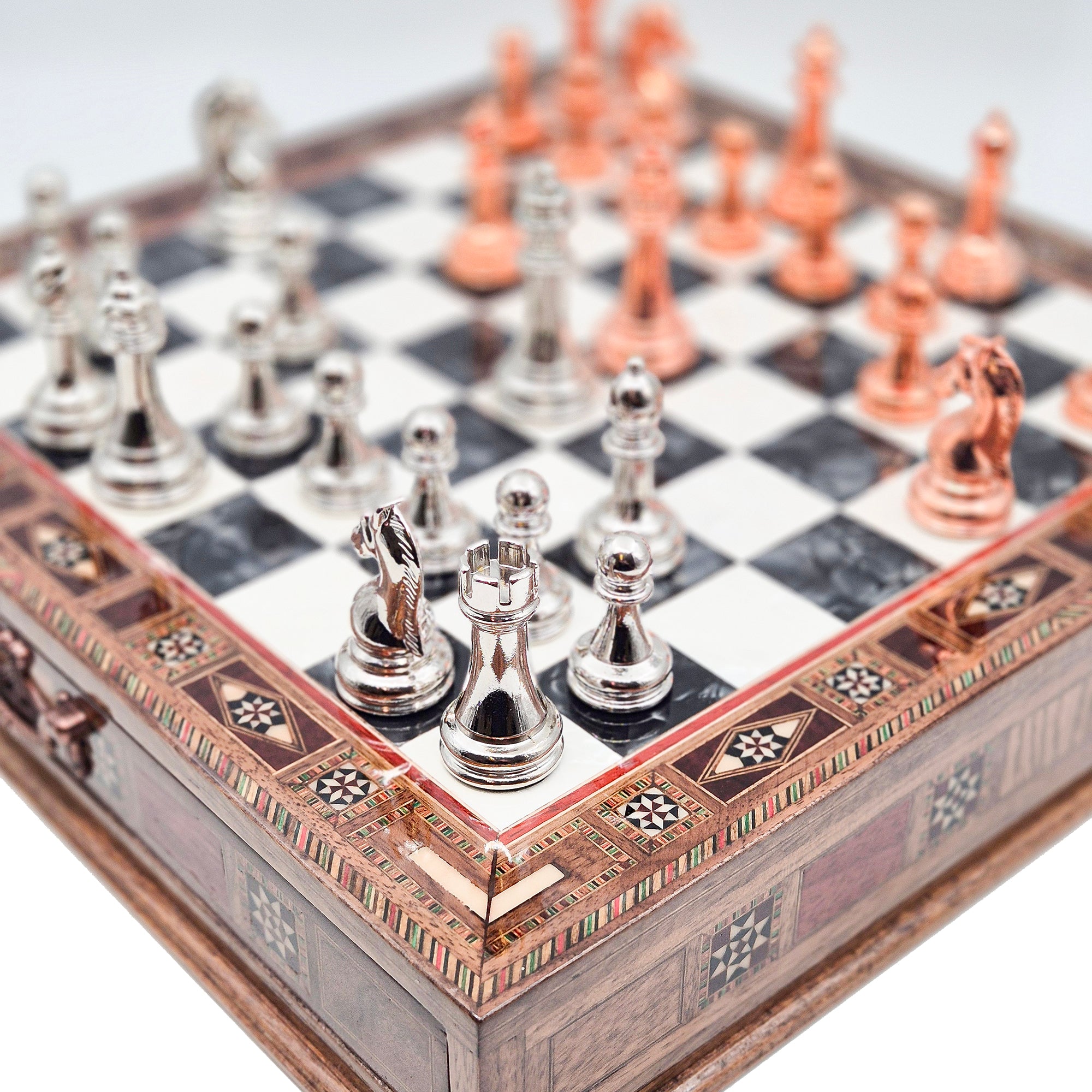
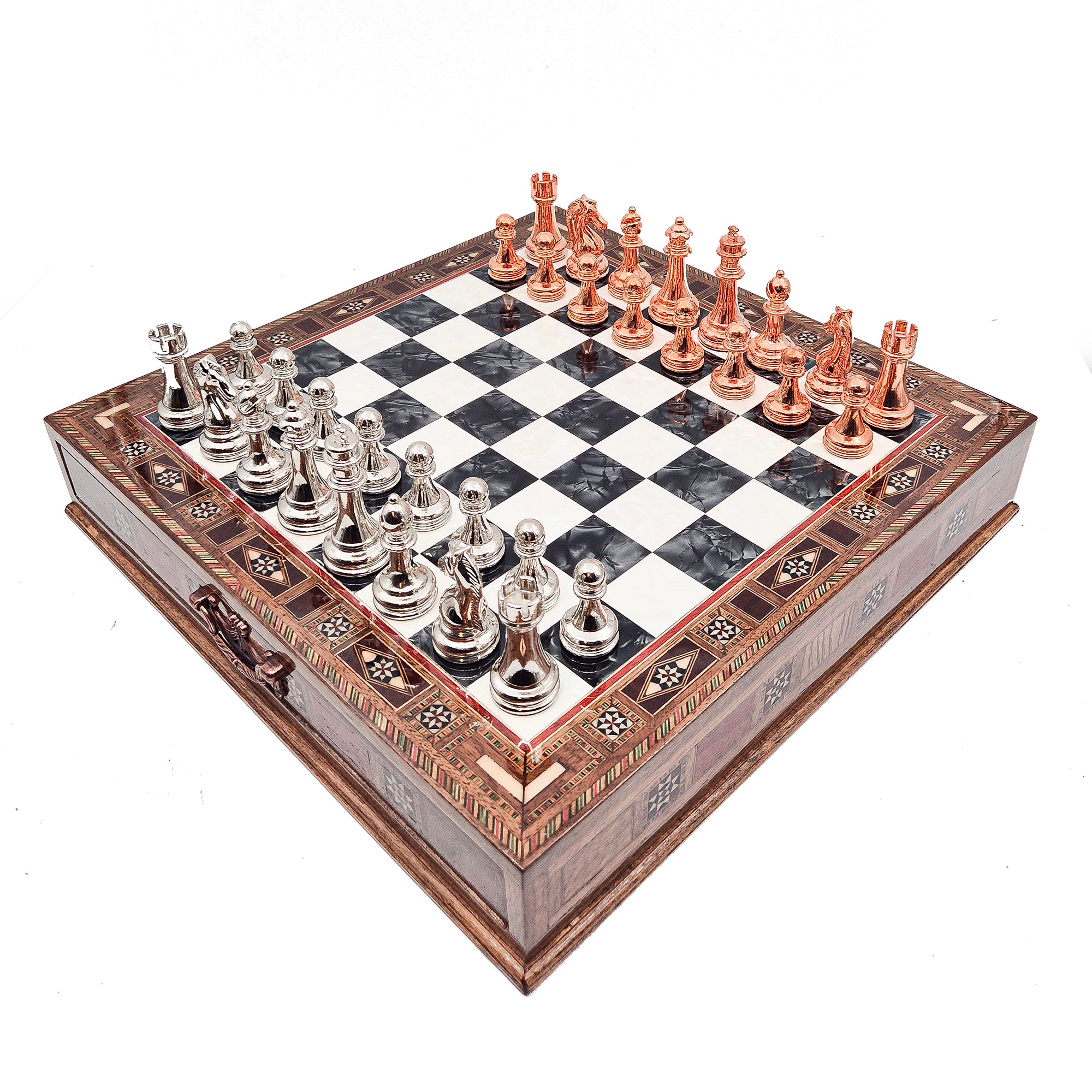
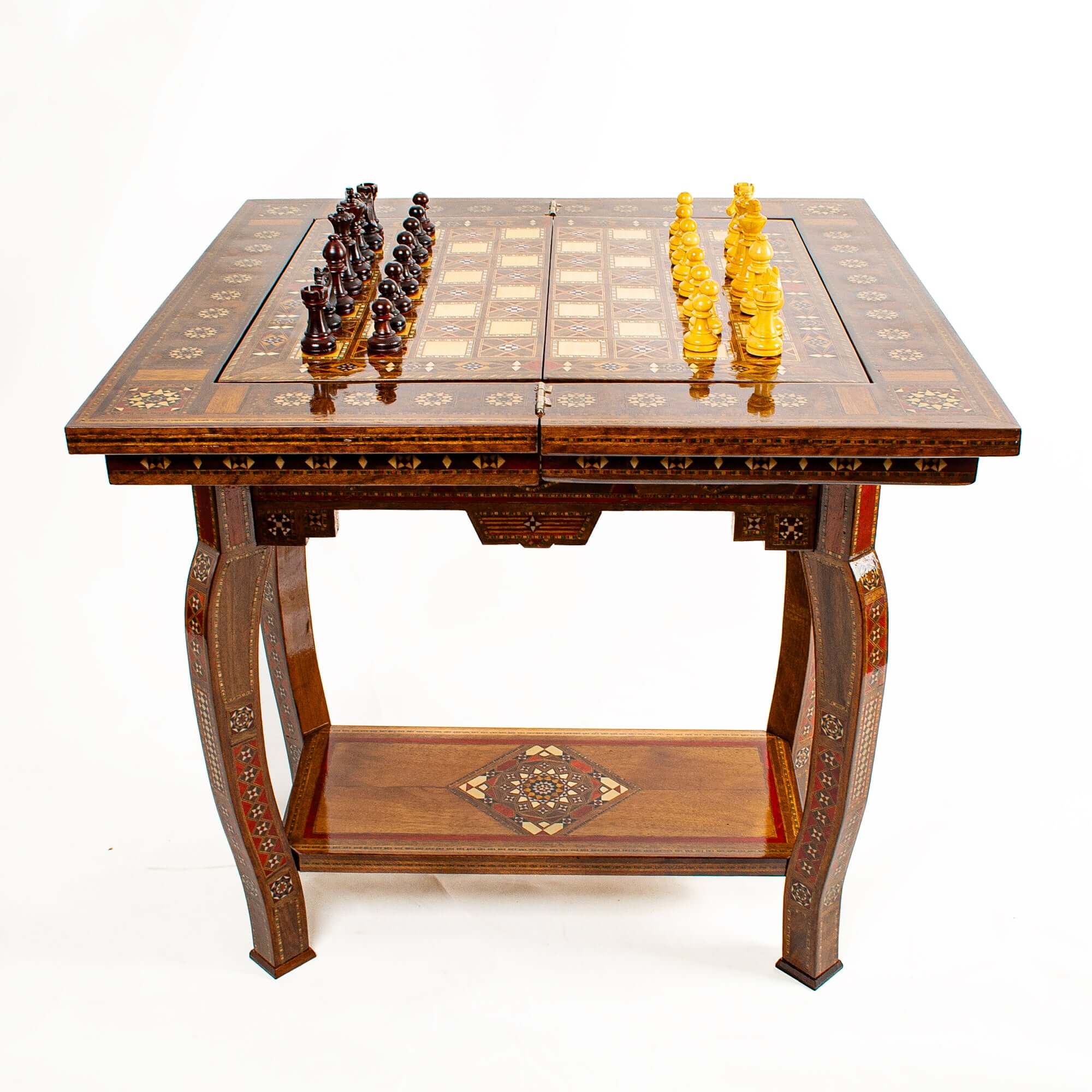

Leave a comment
All comments are moderated before being published.
This site is protected by hCaptcha and the hCaptcha Privacy Policy and Terms of Service apply.